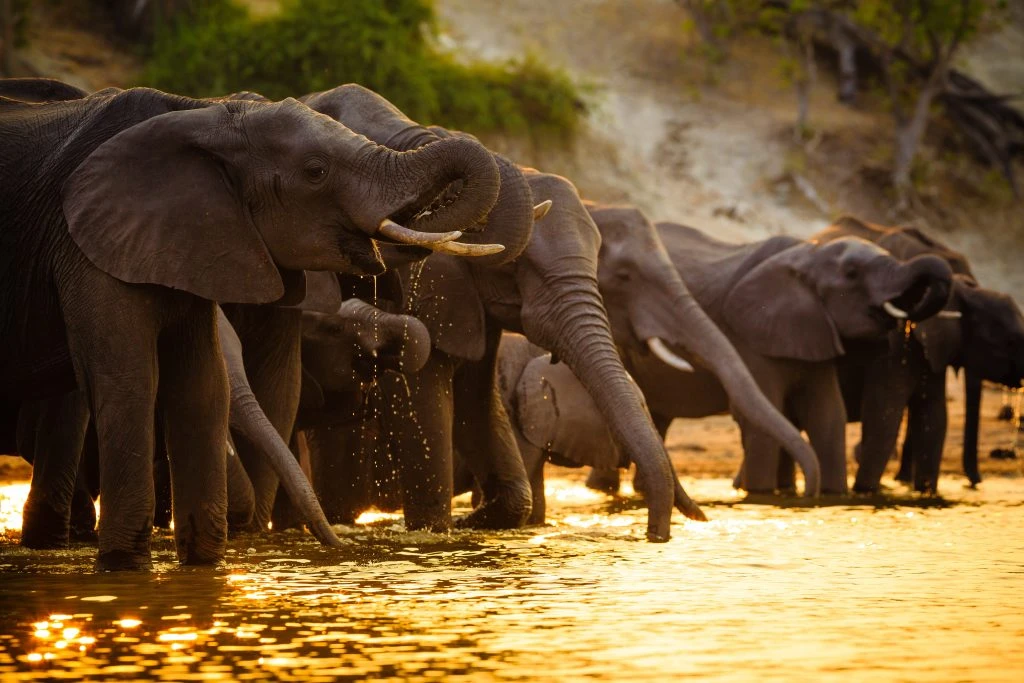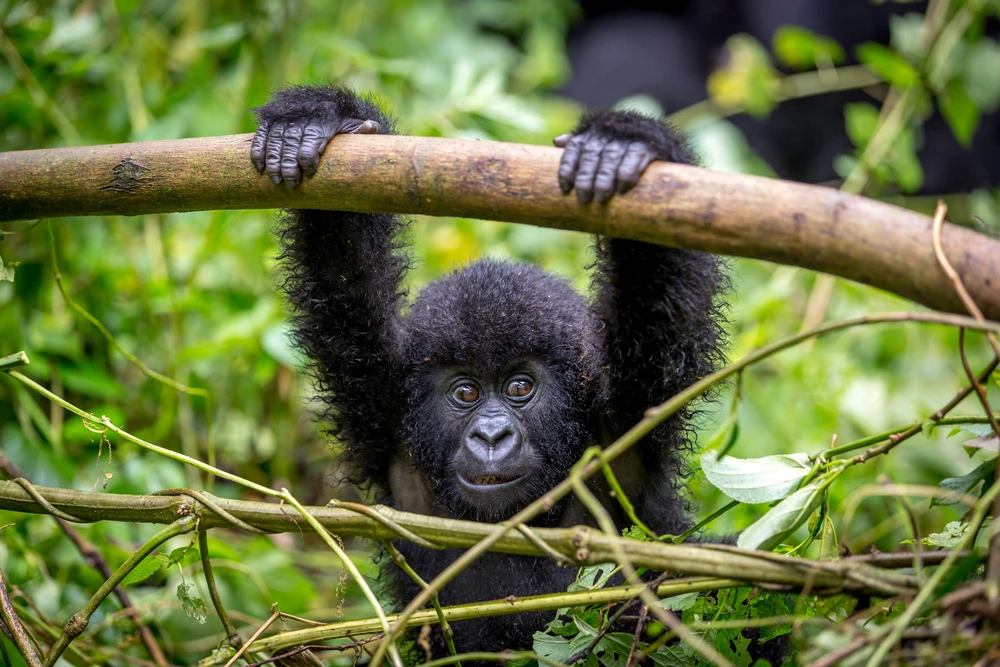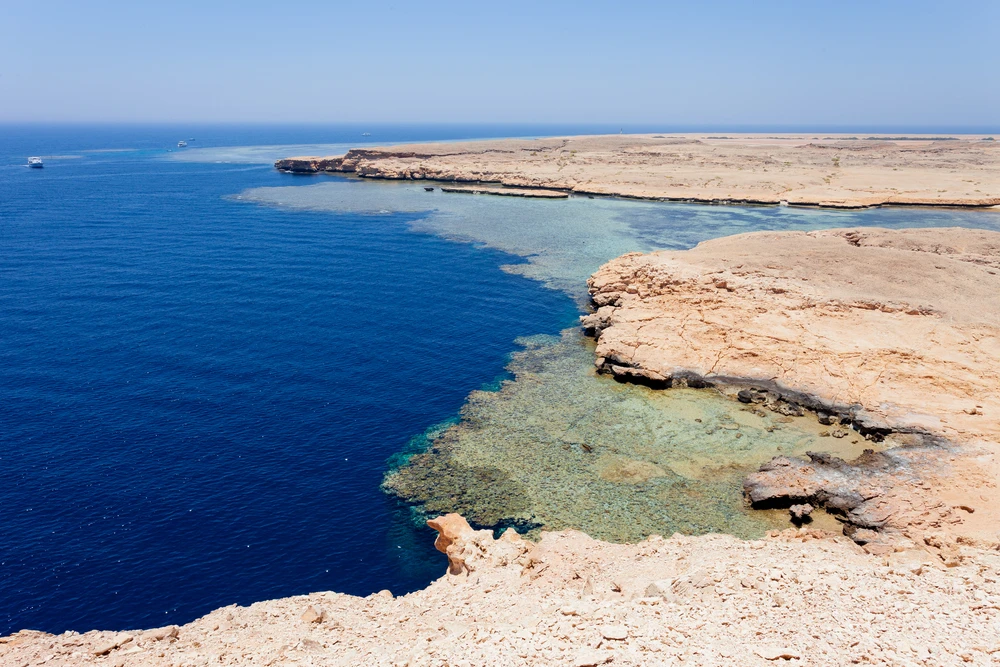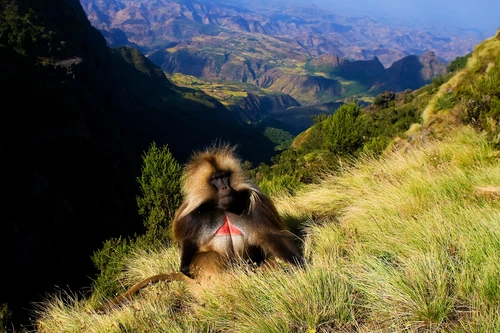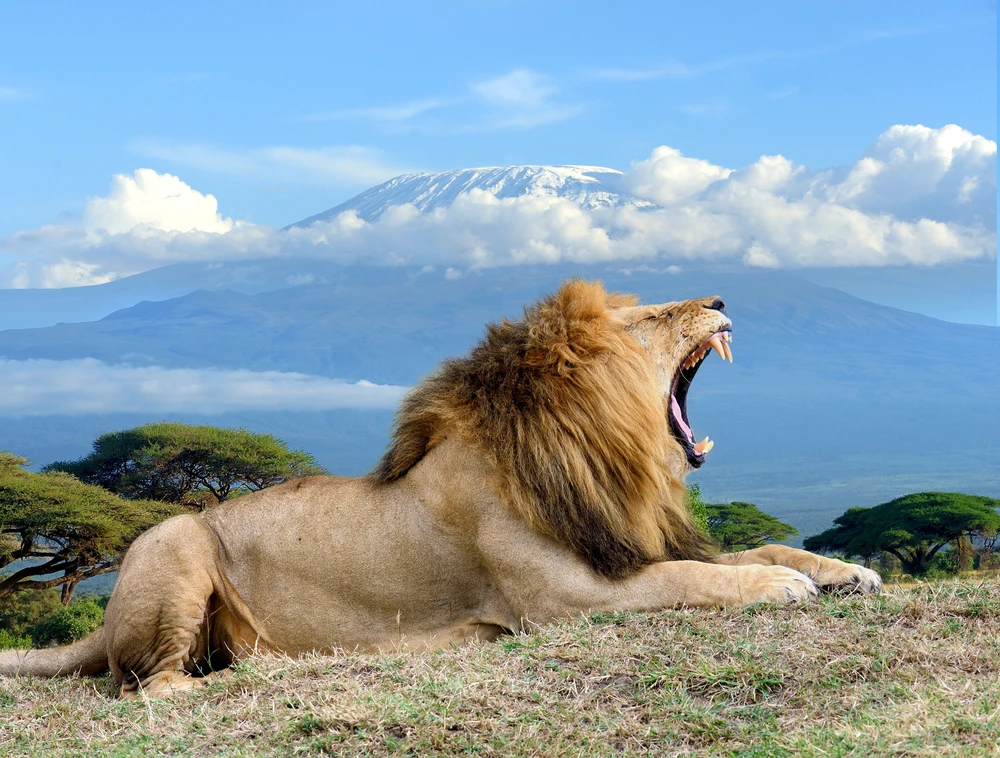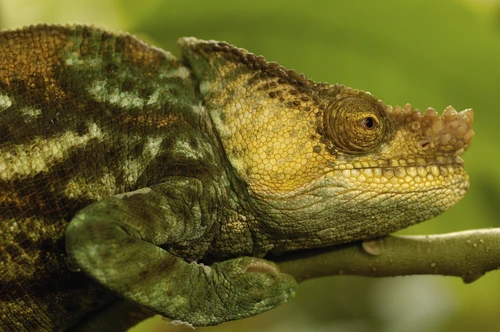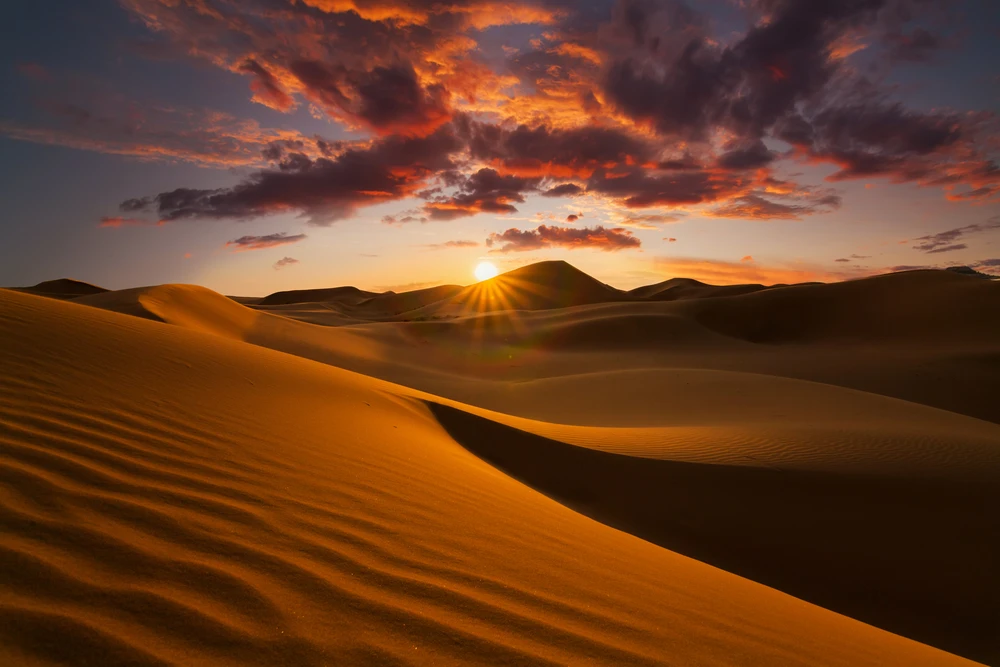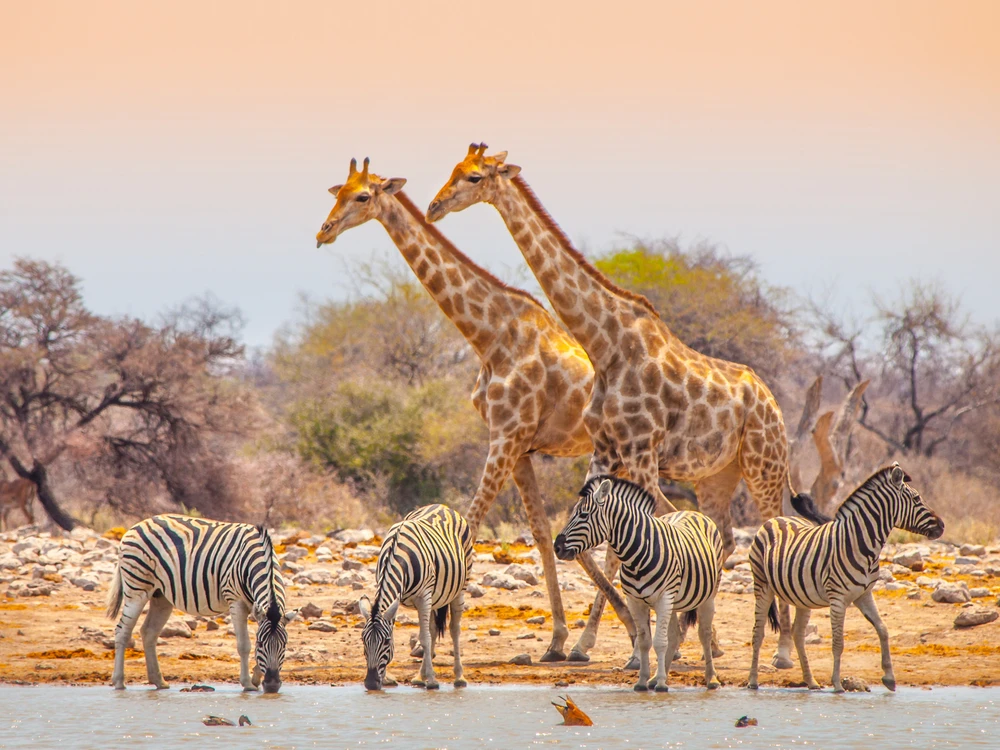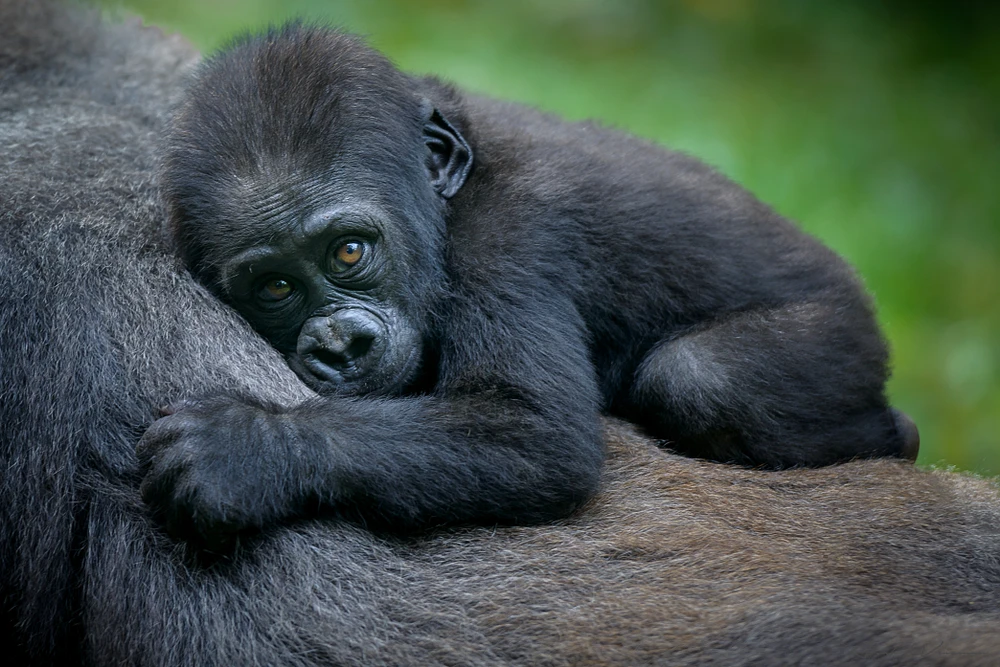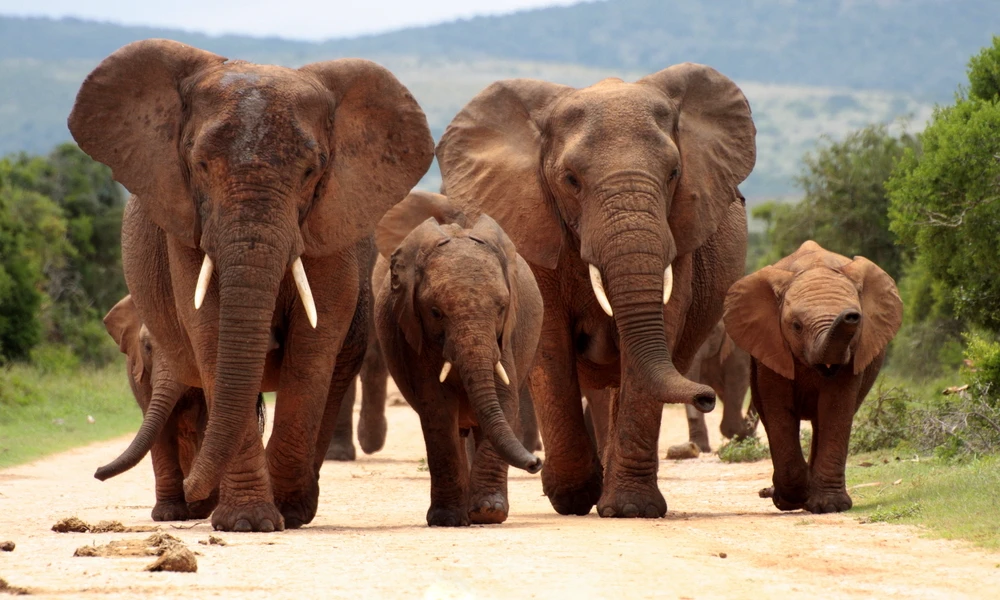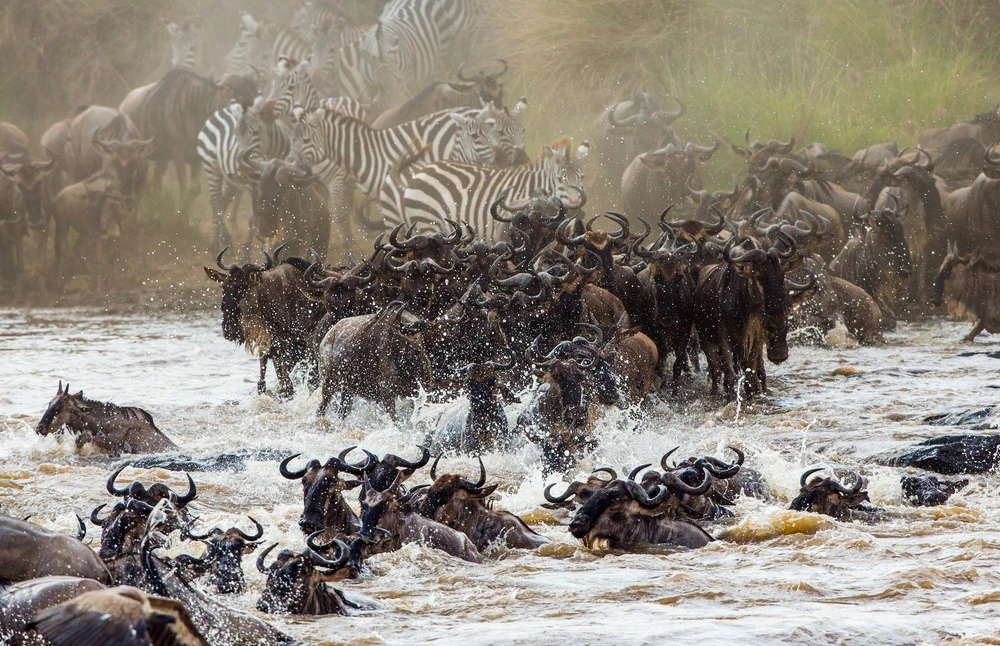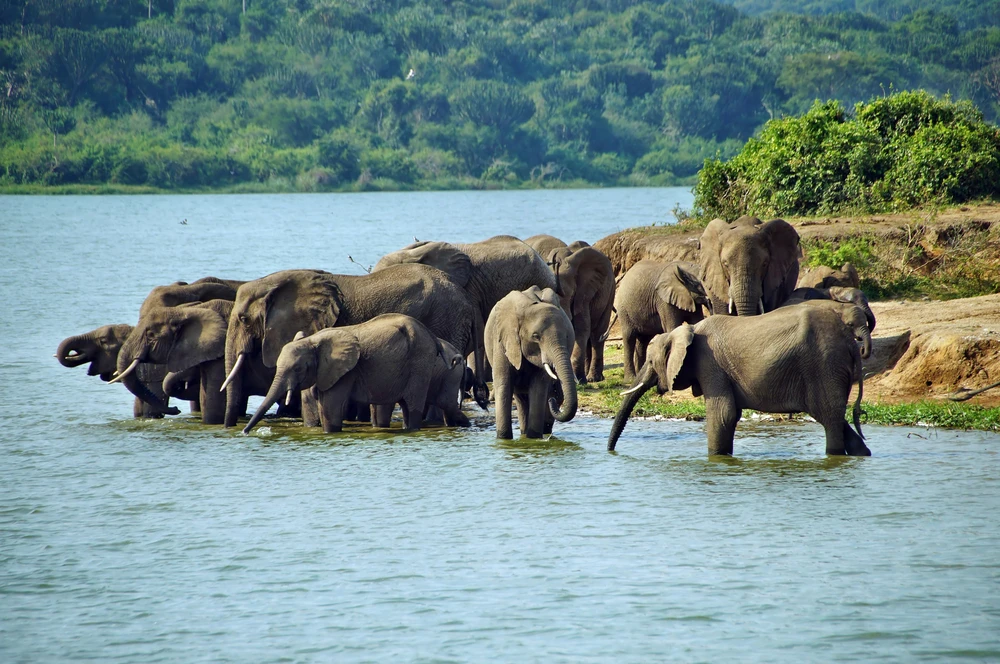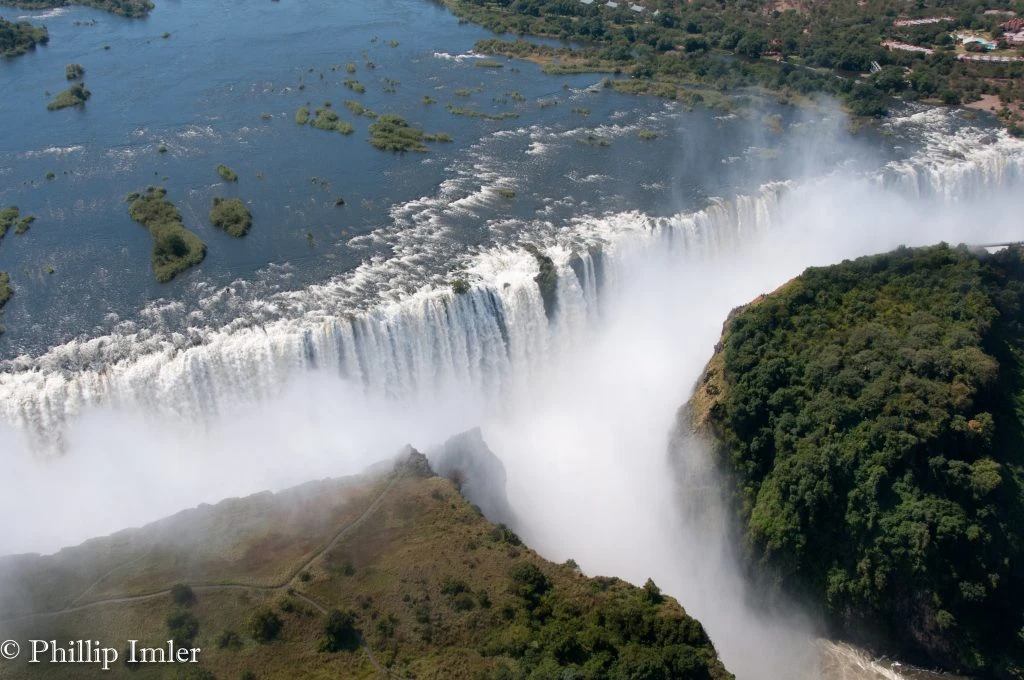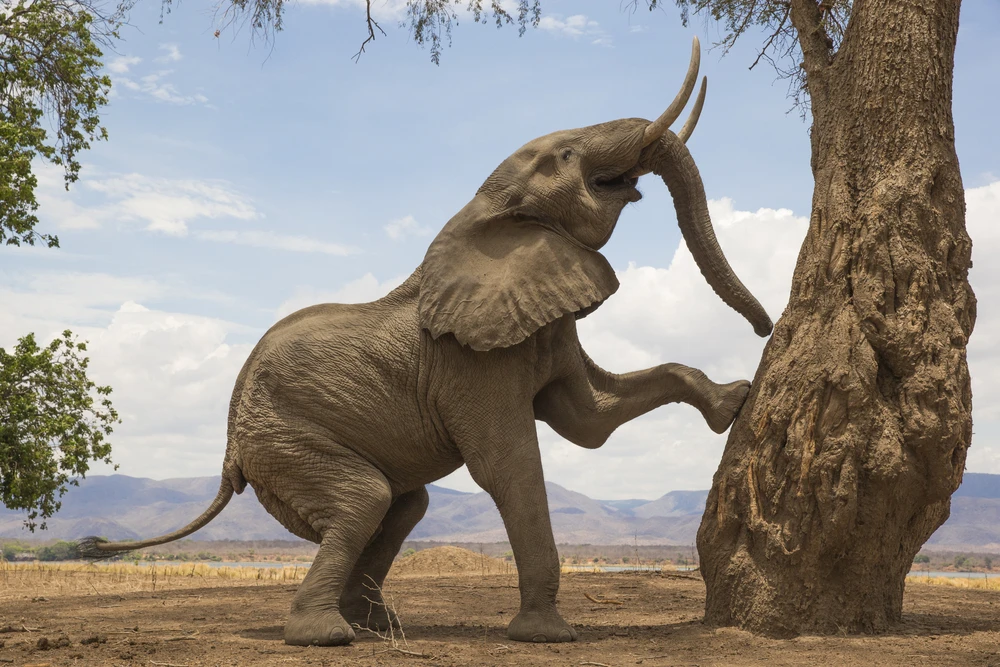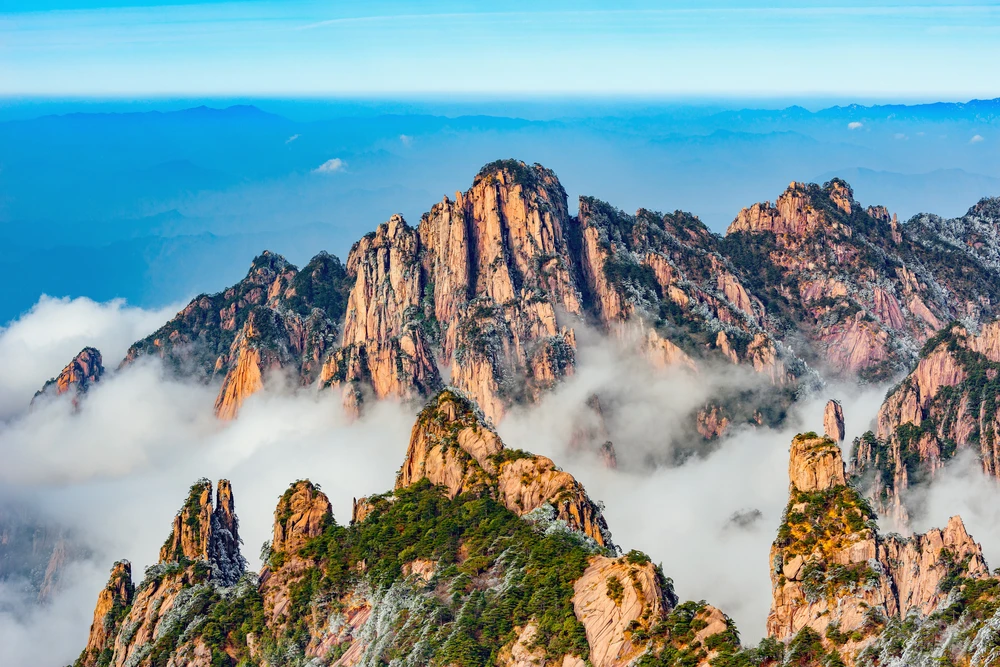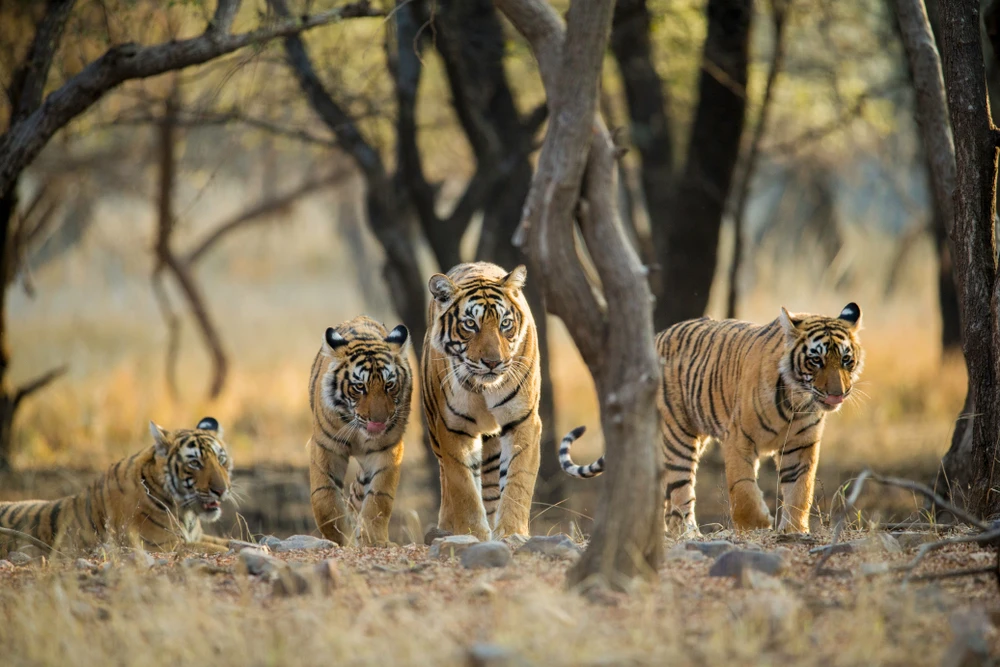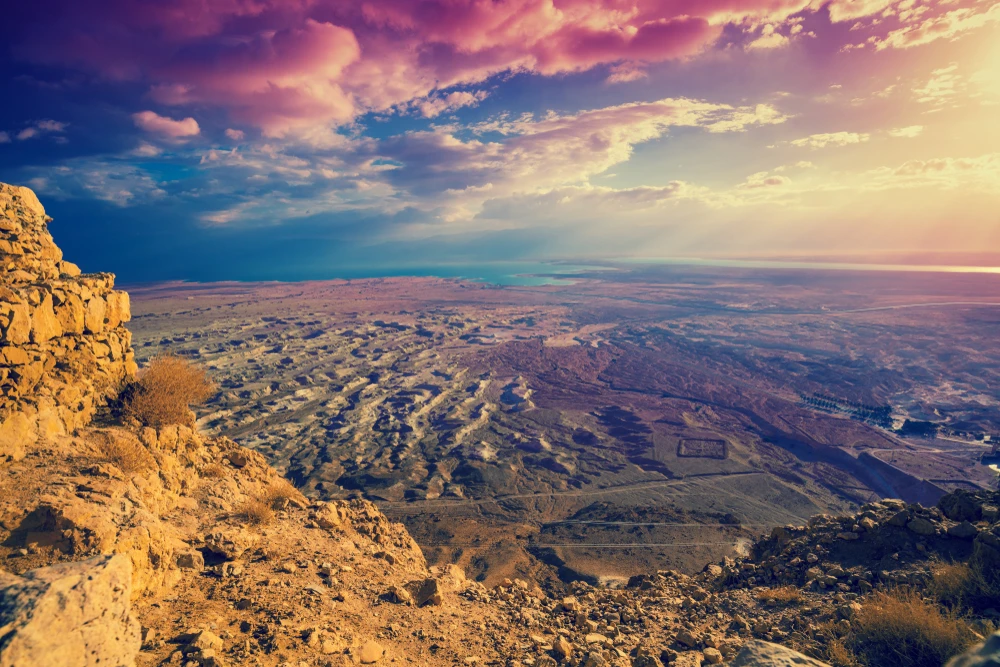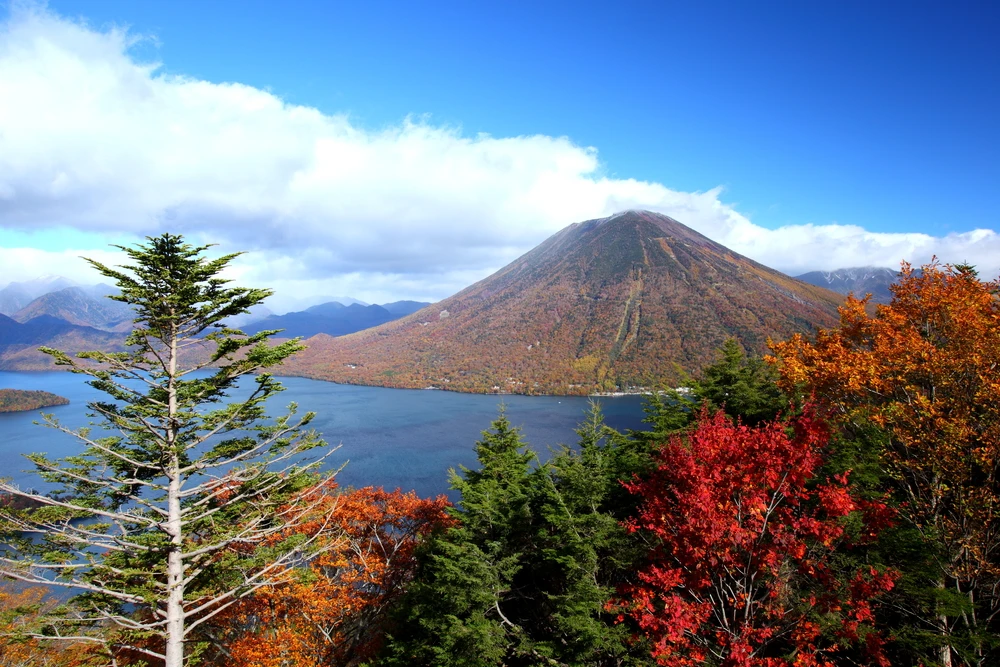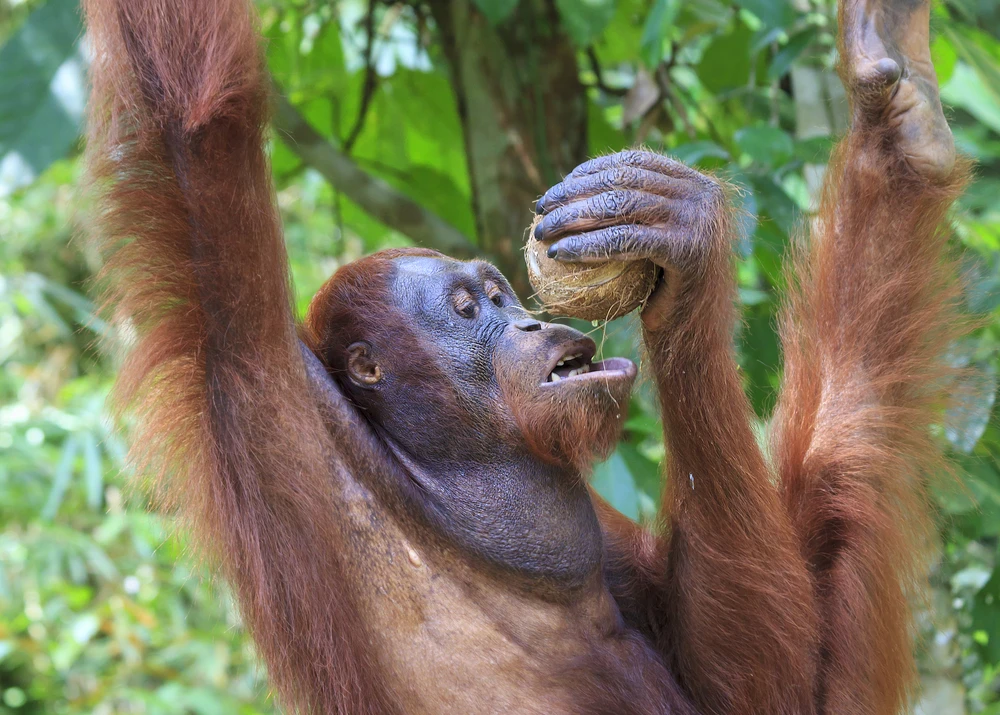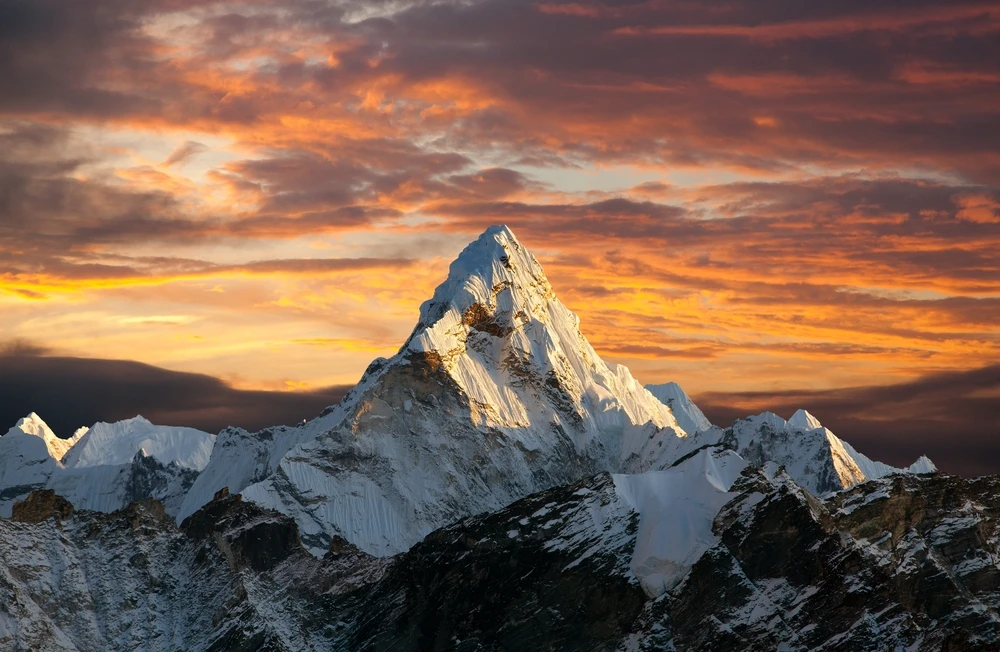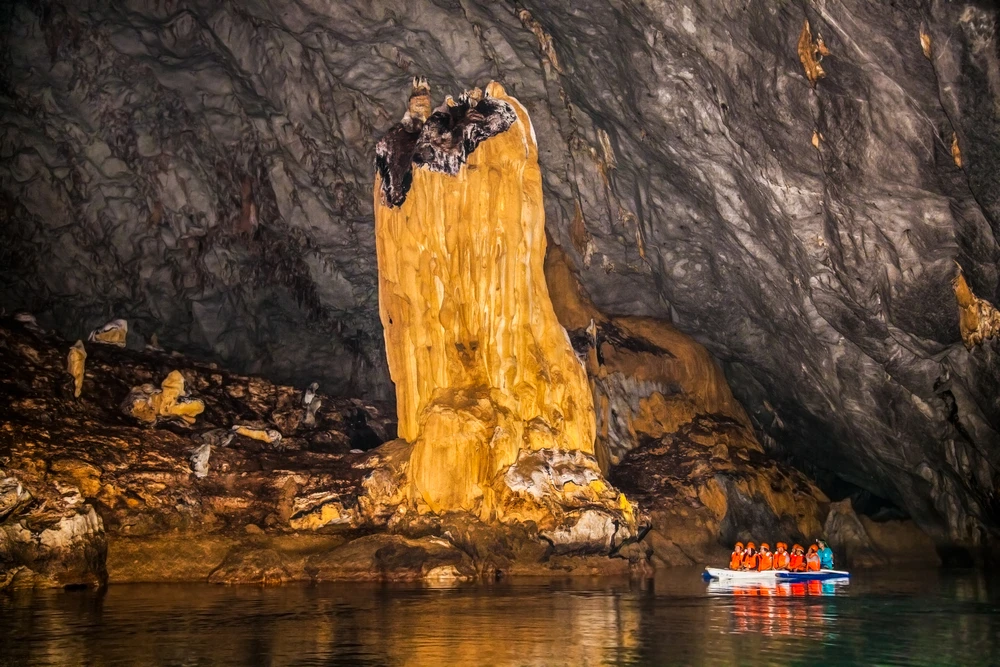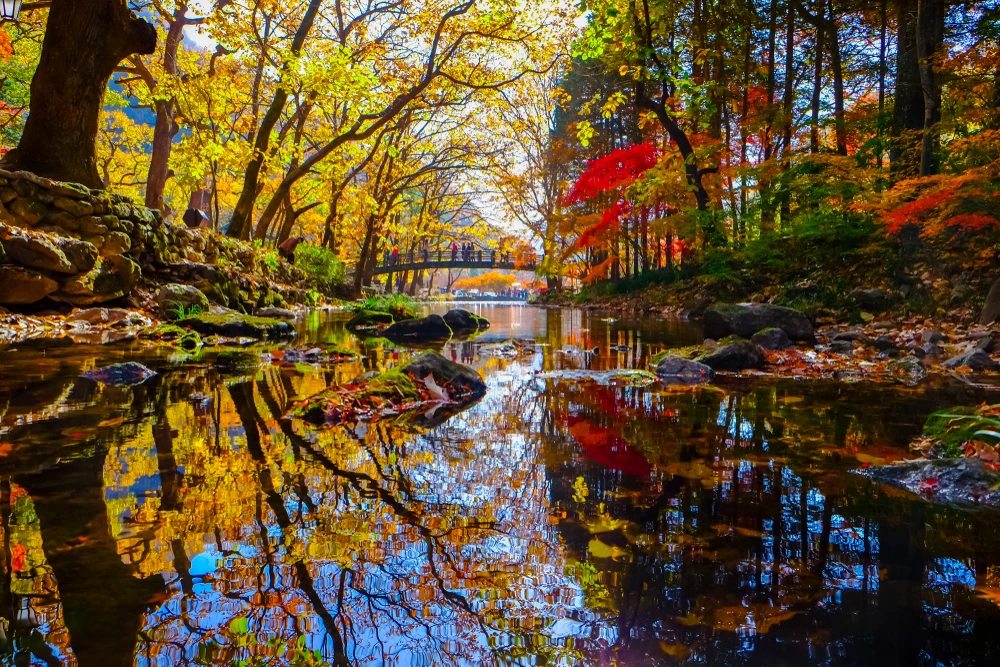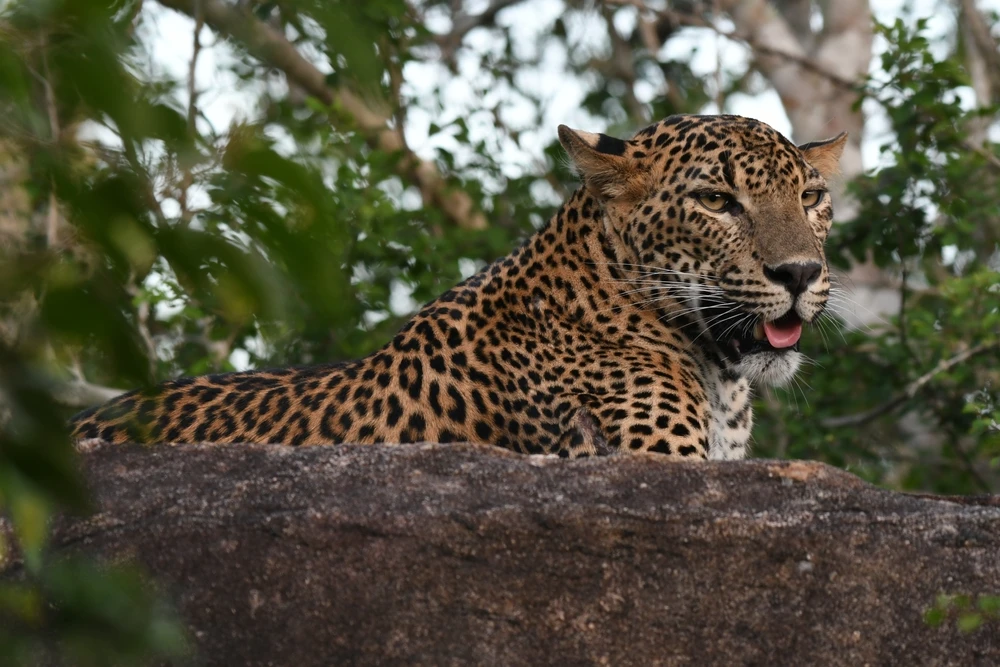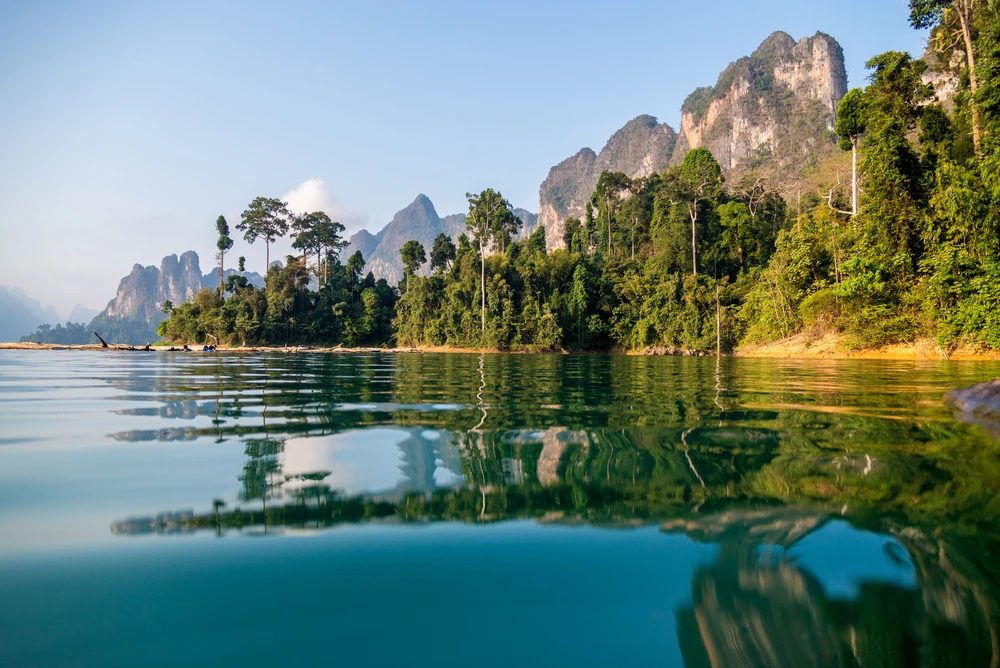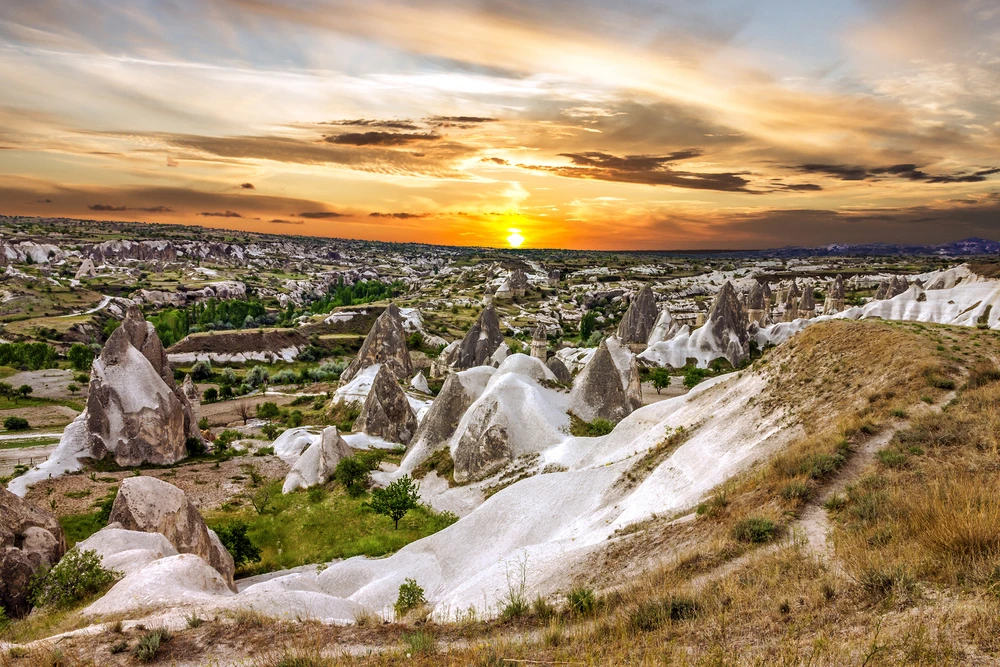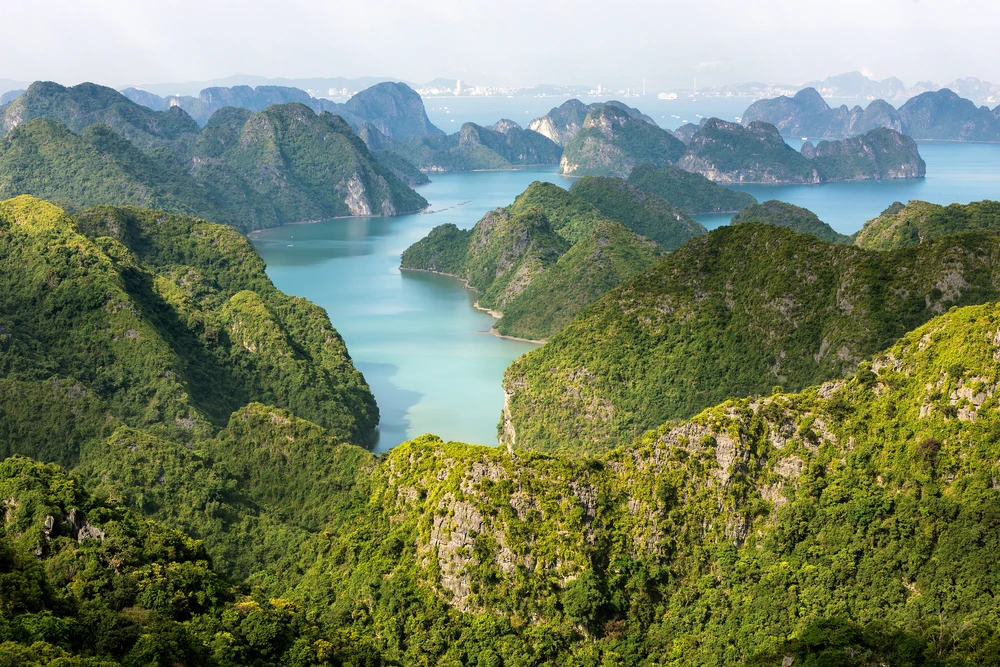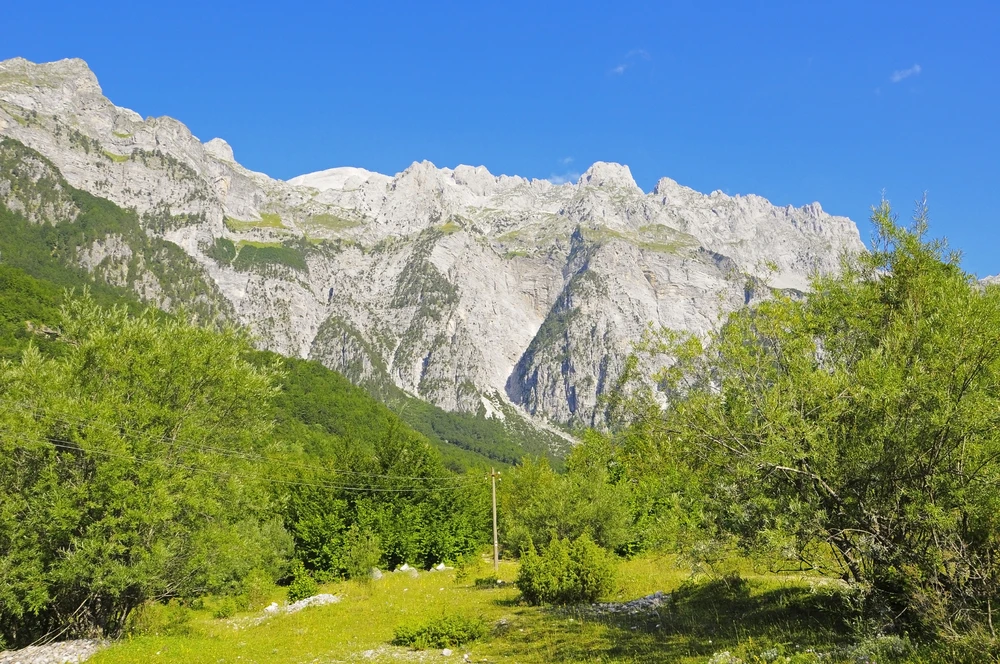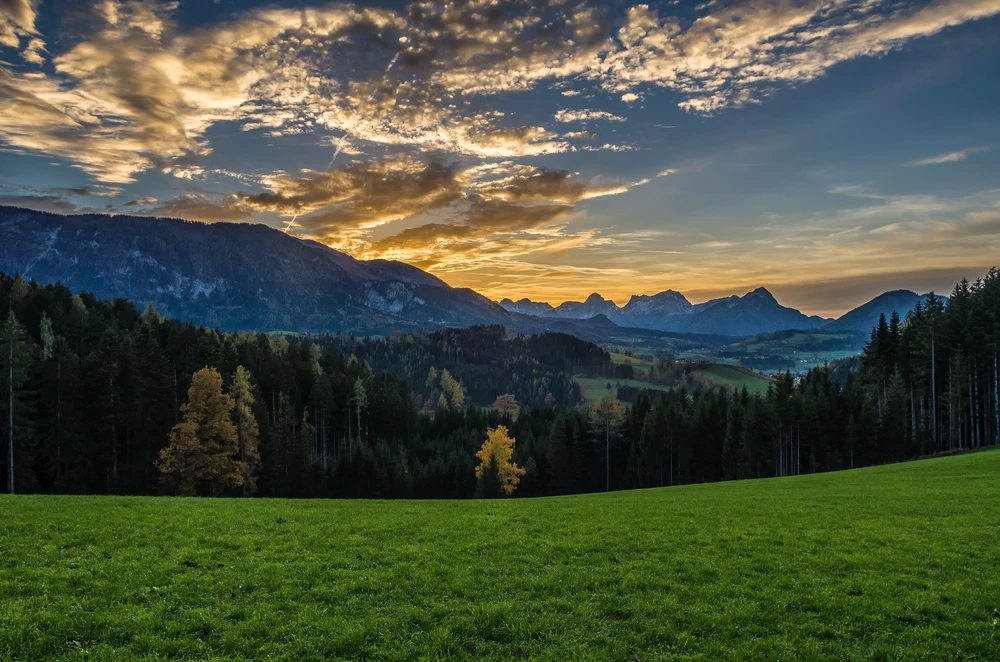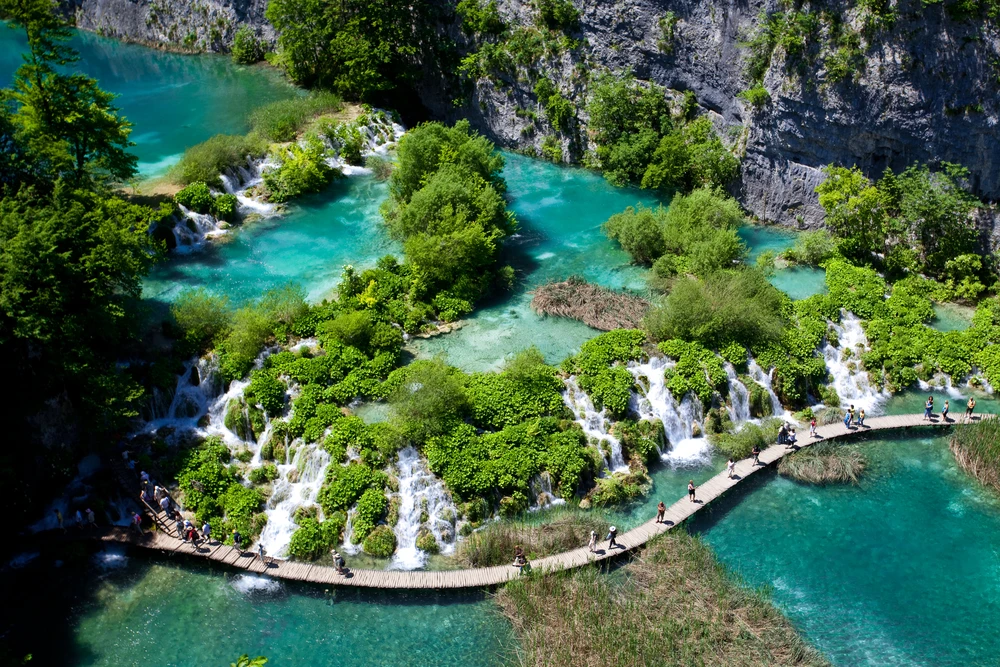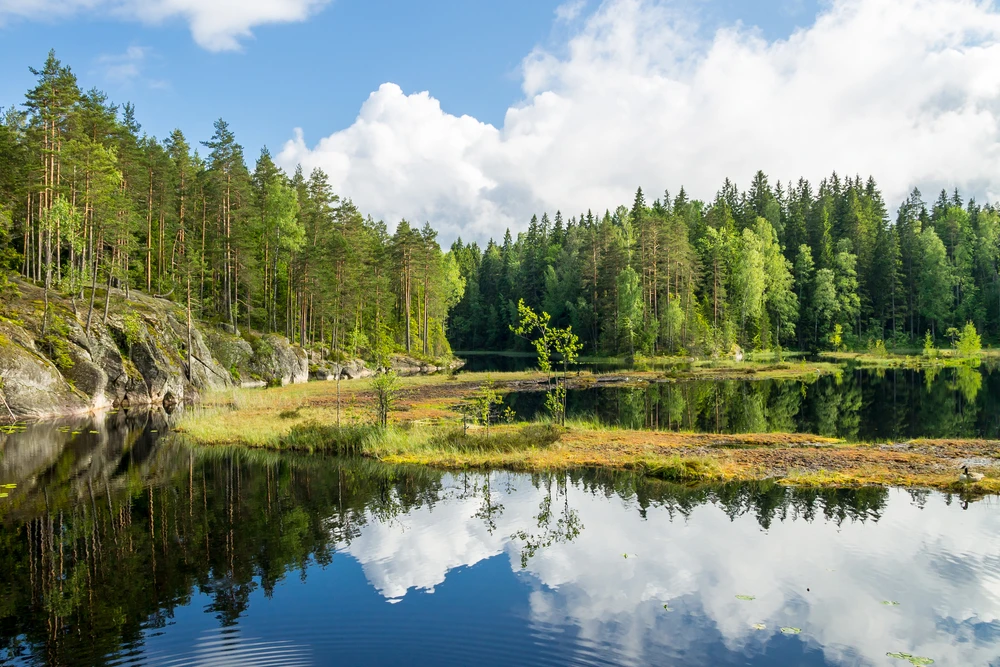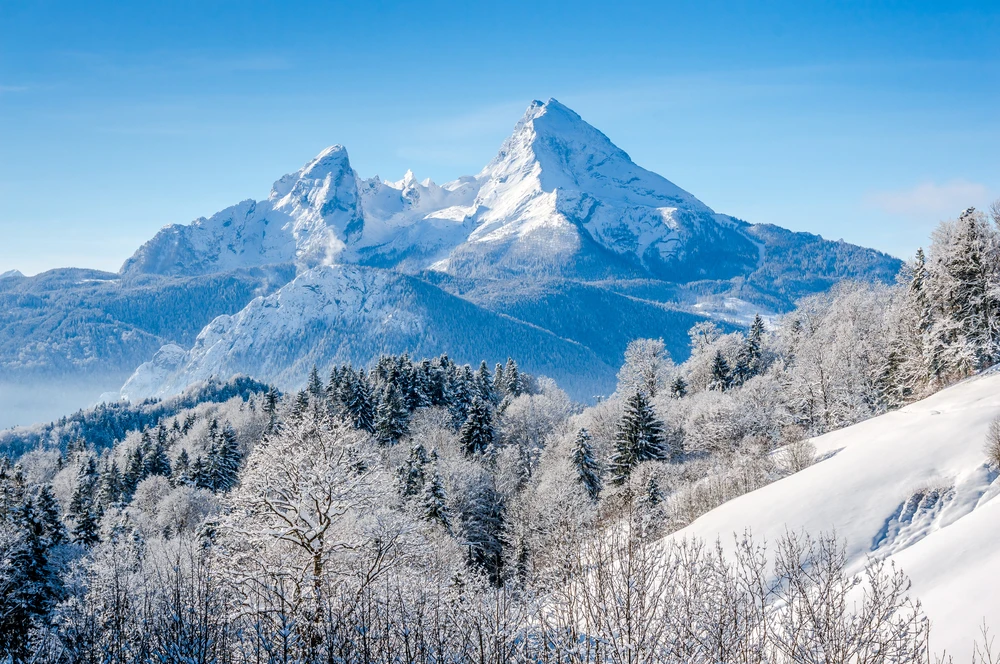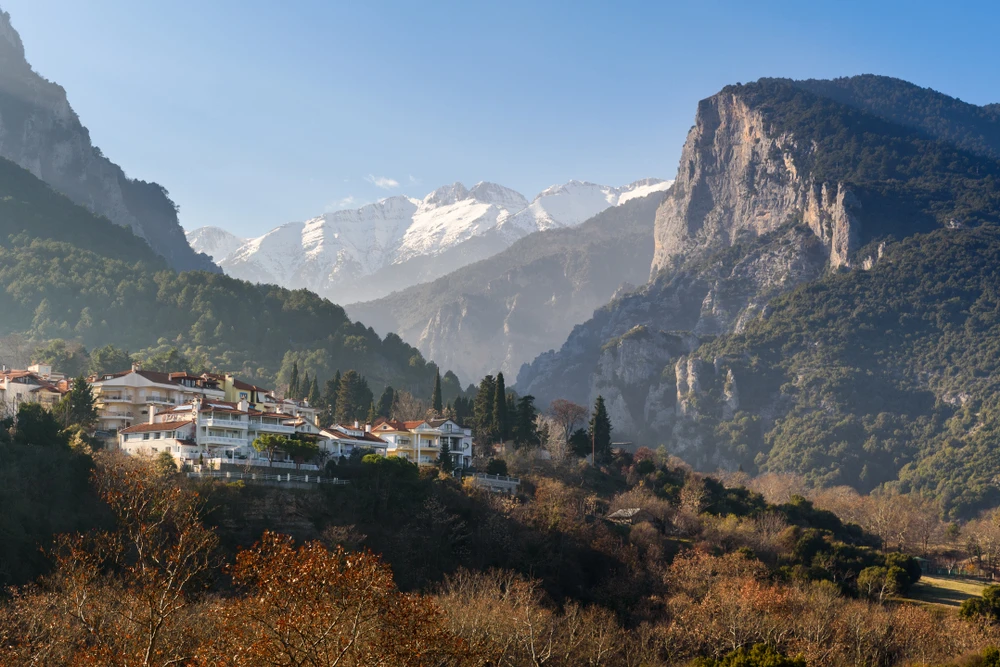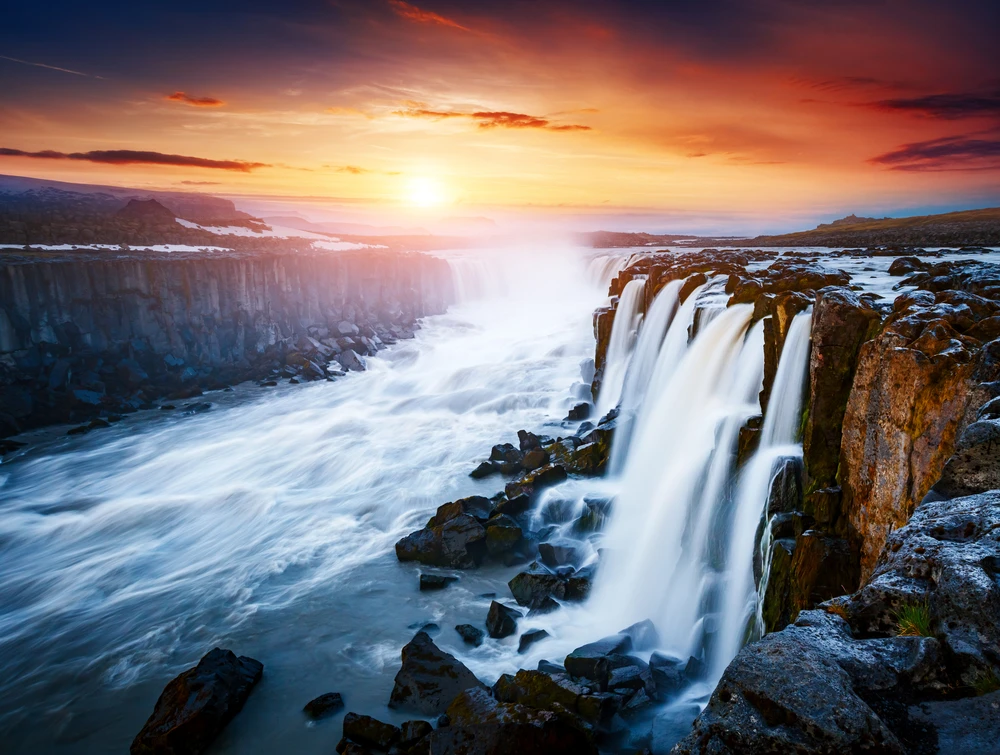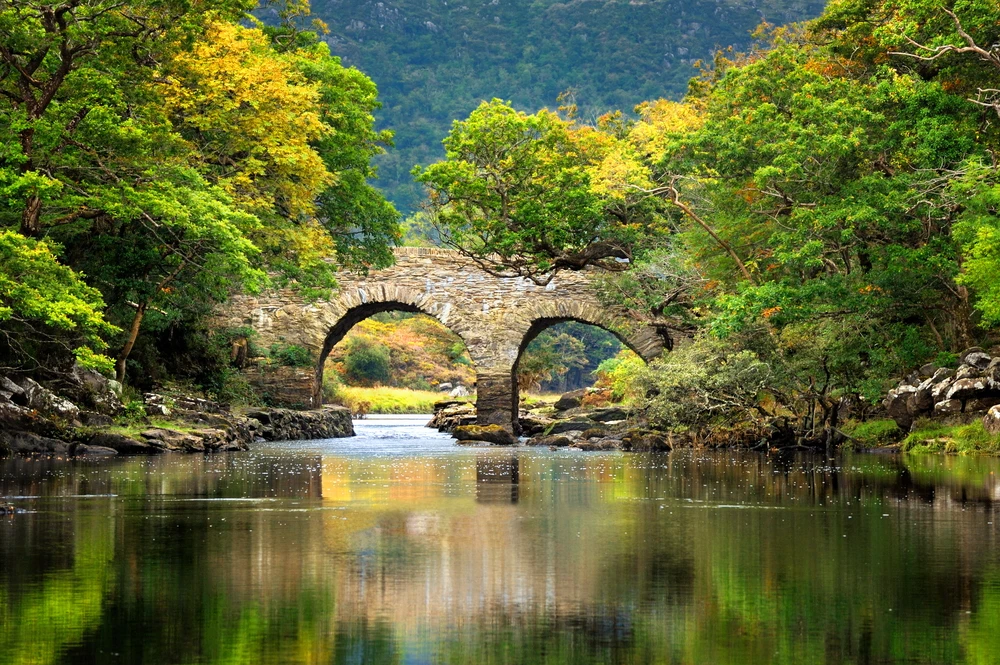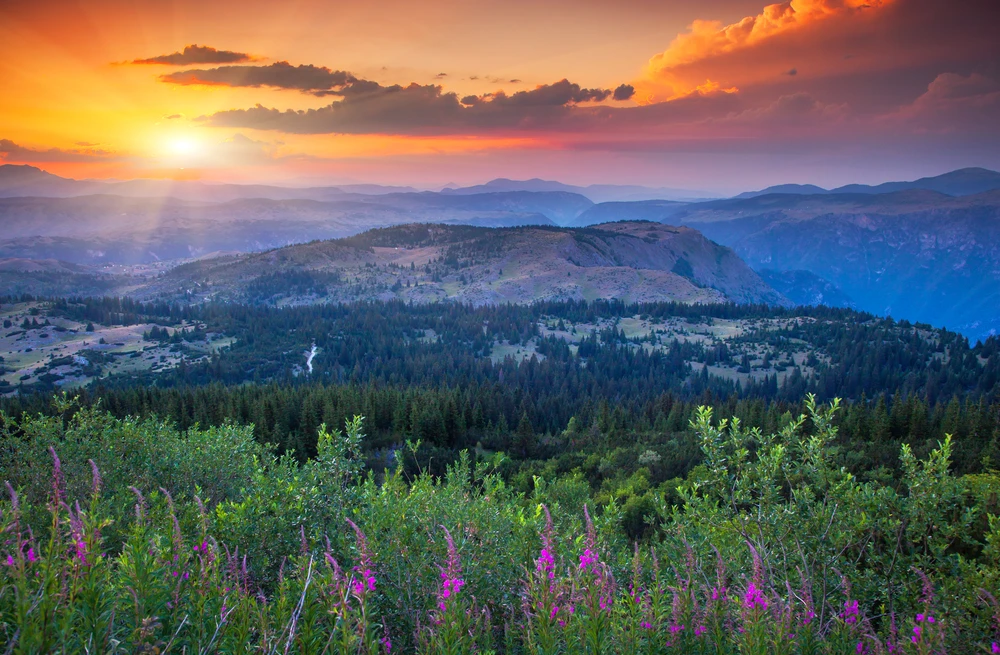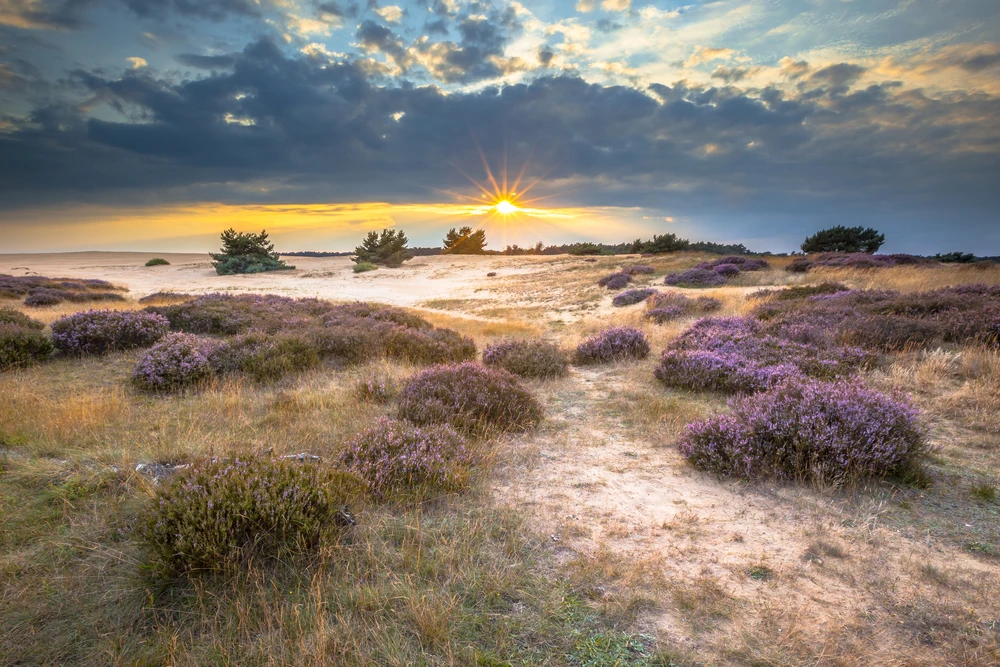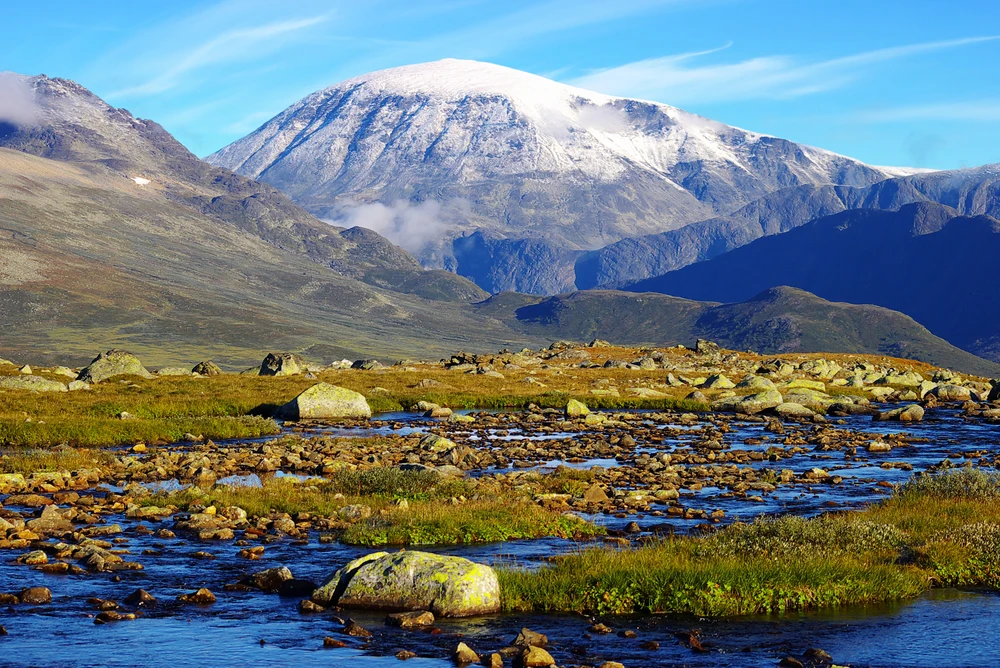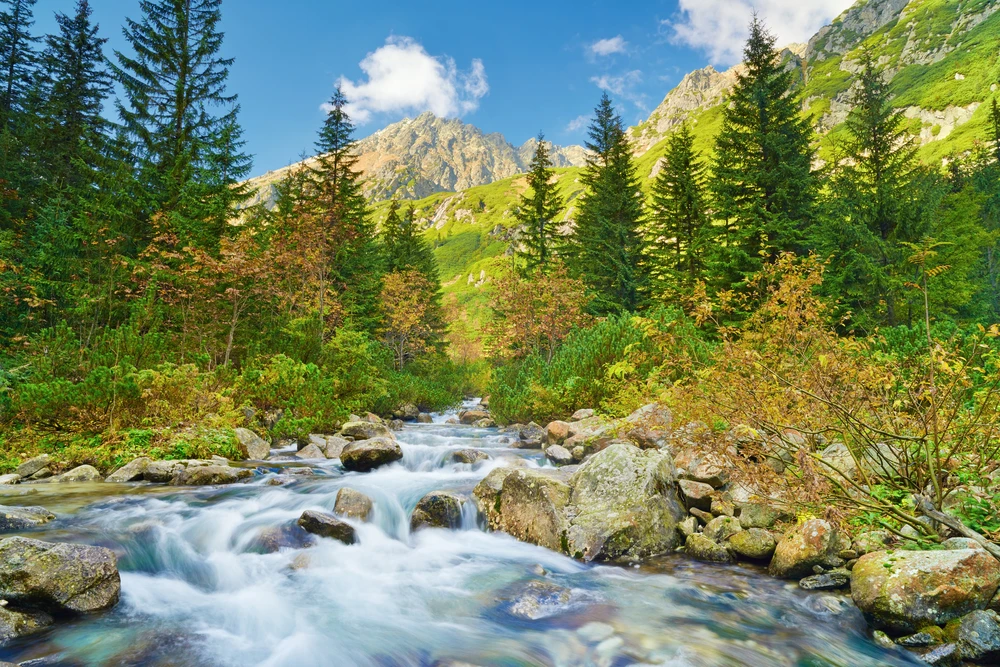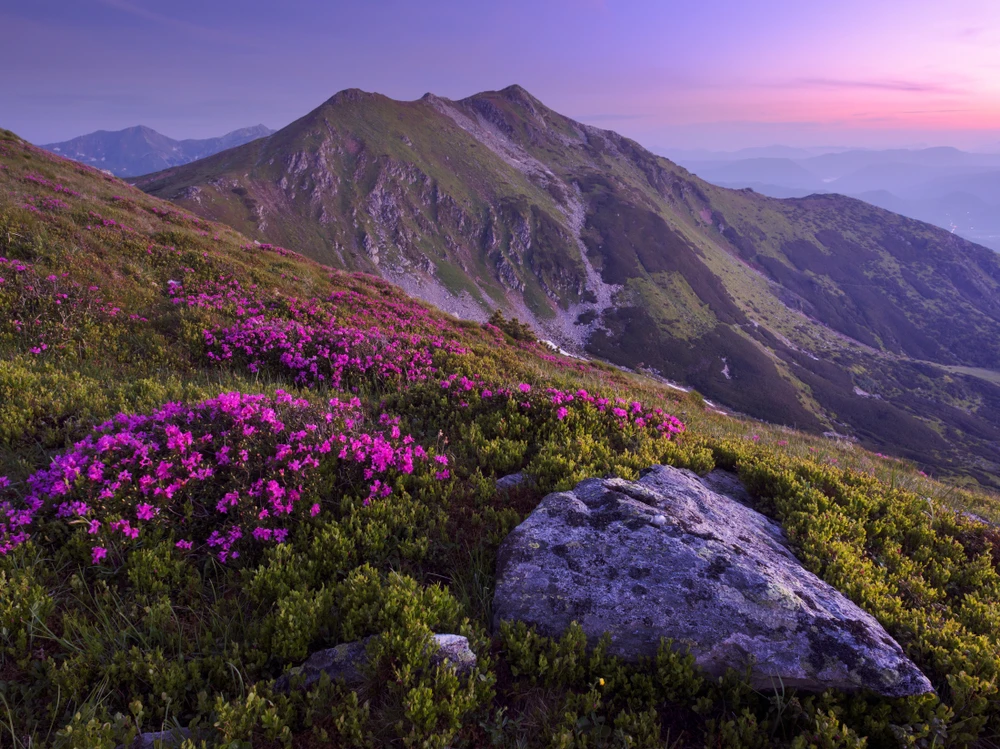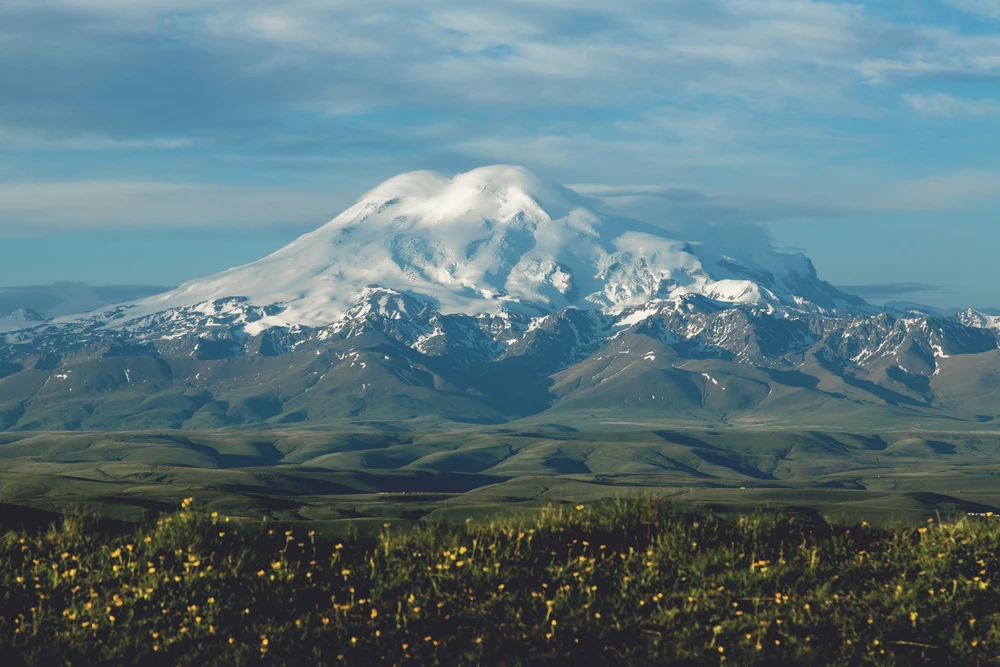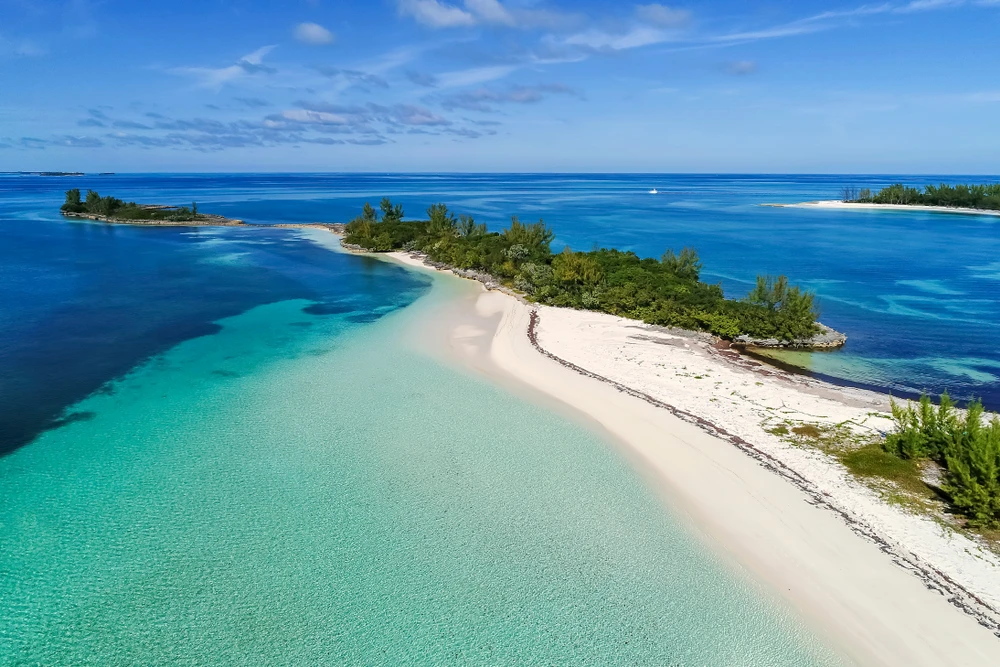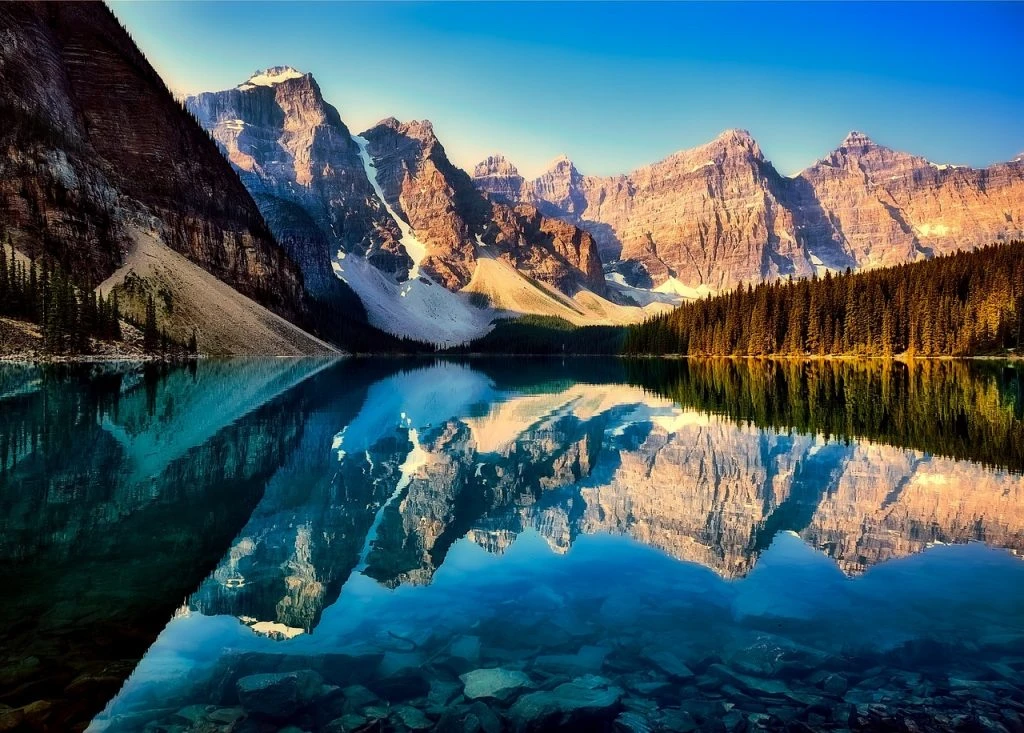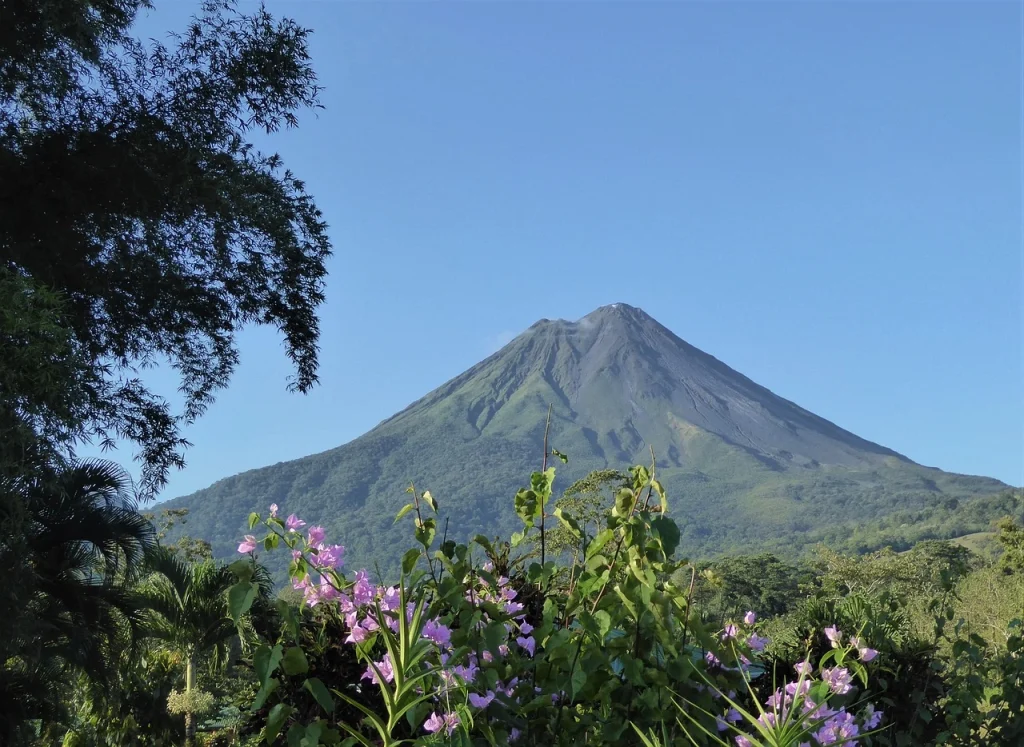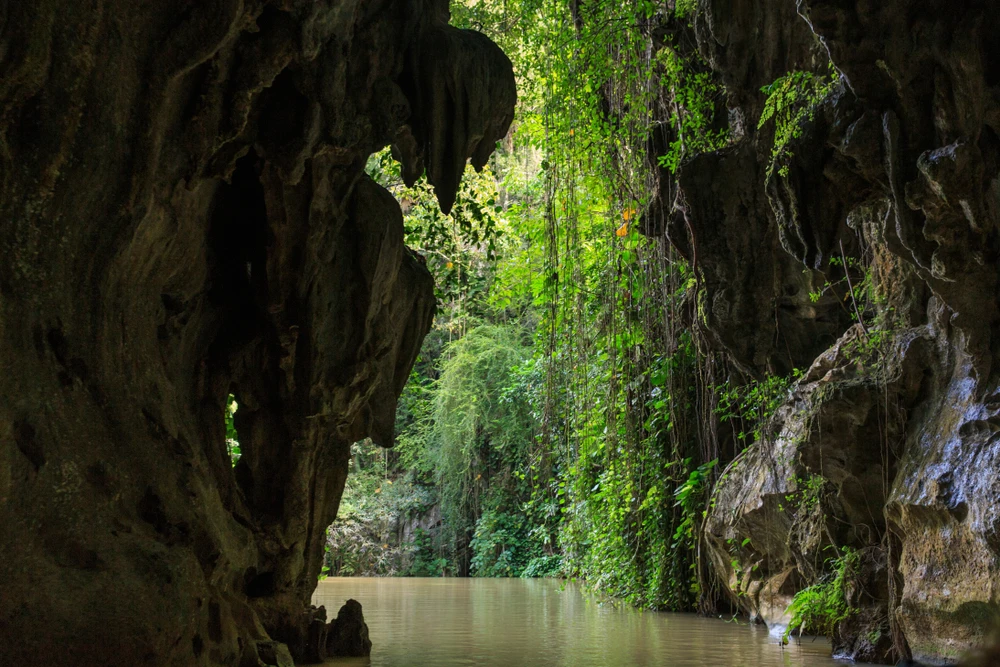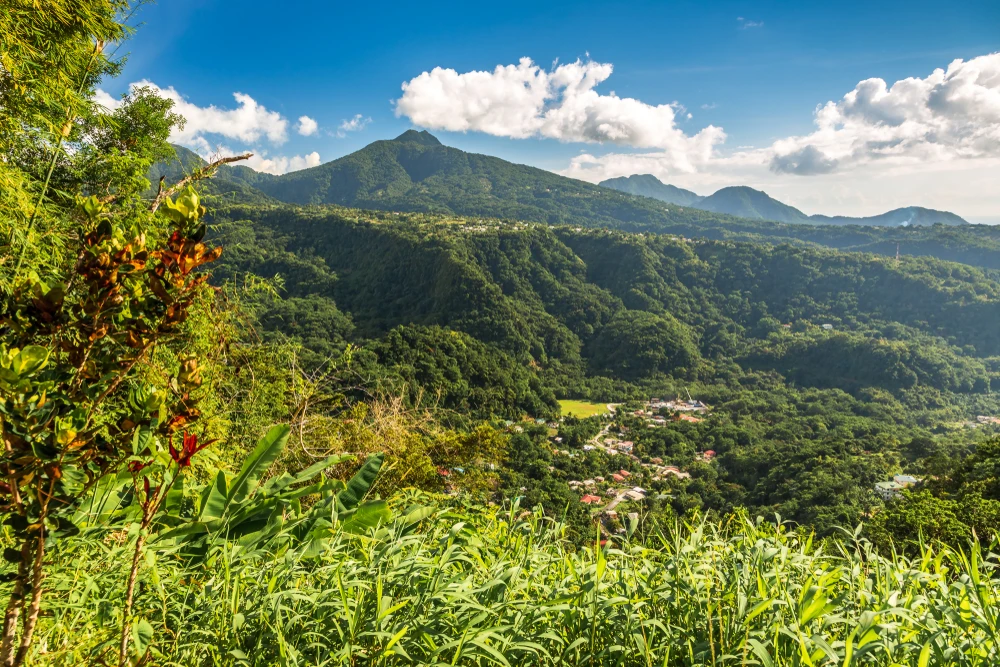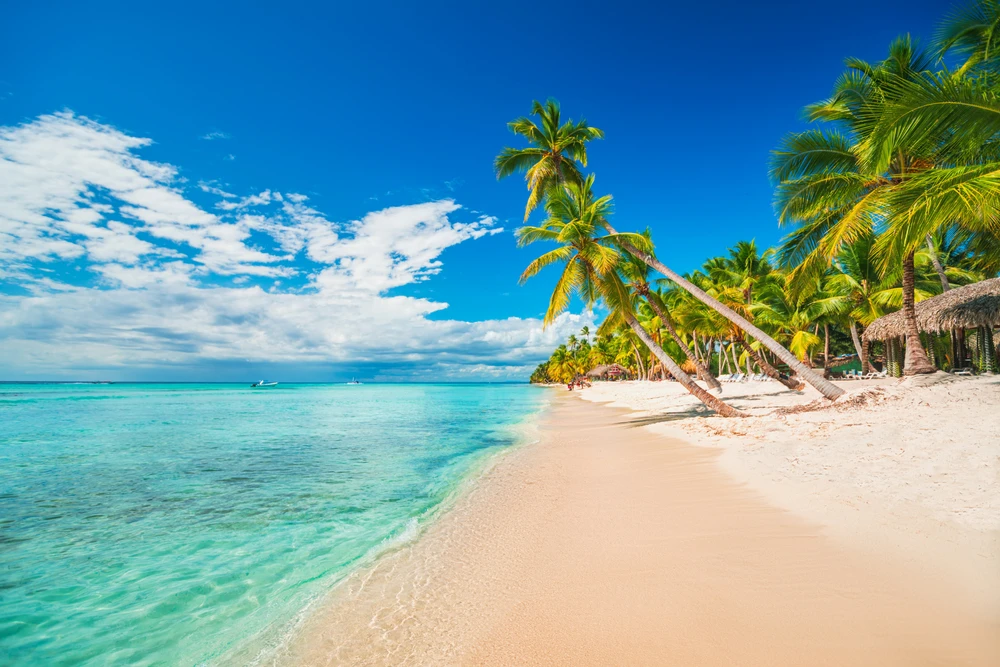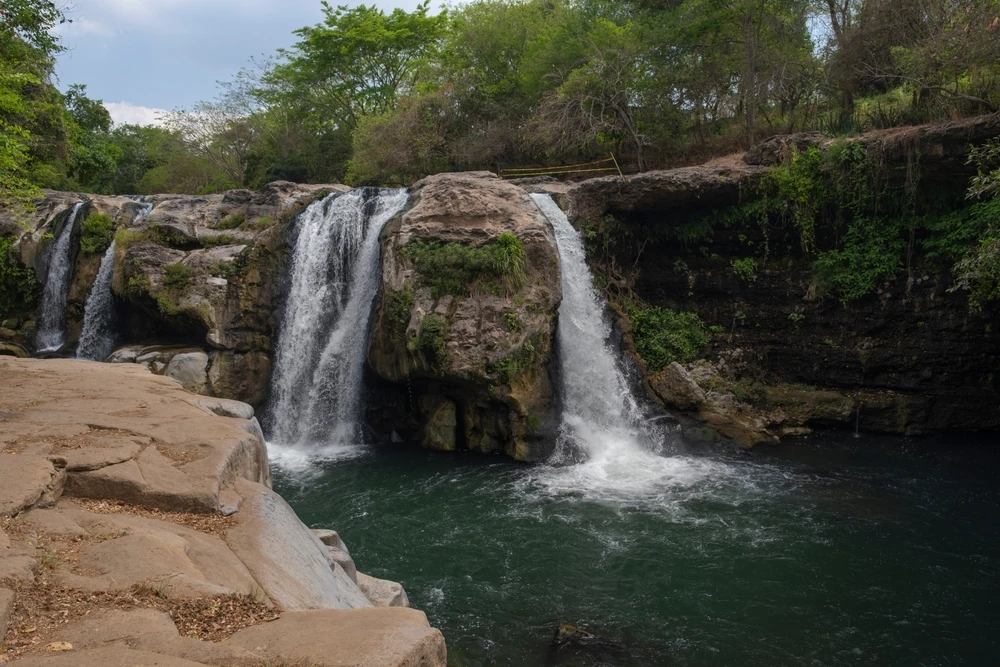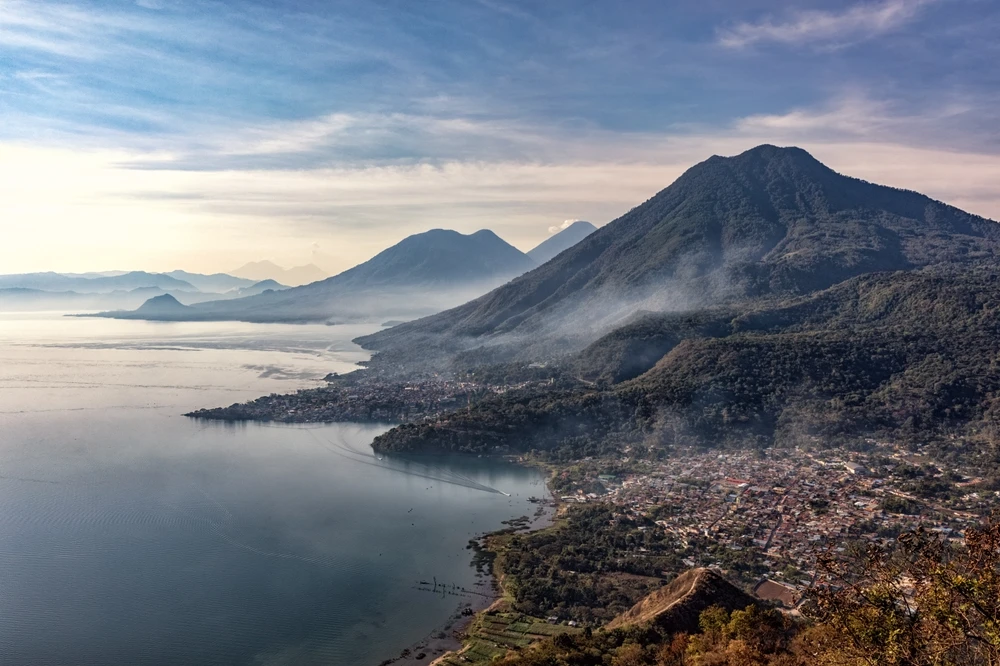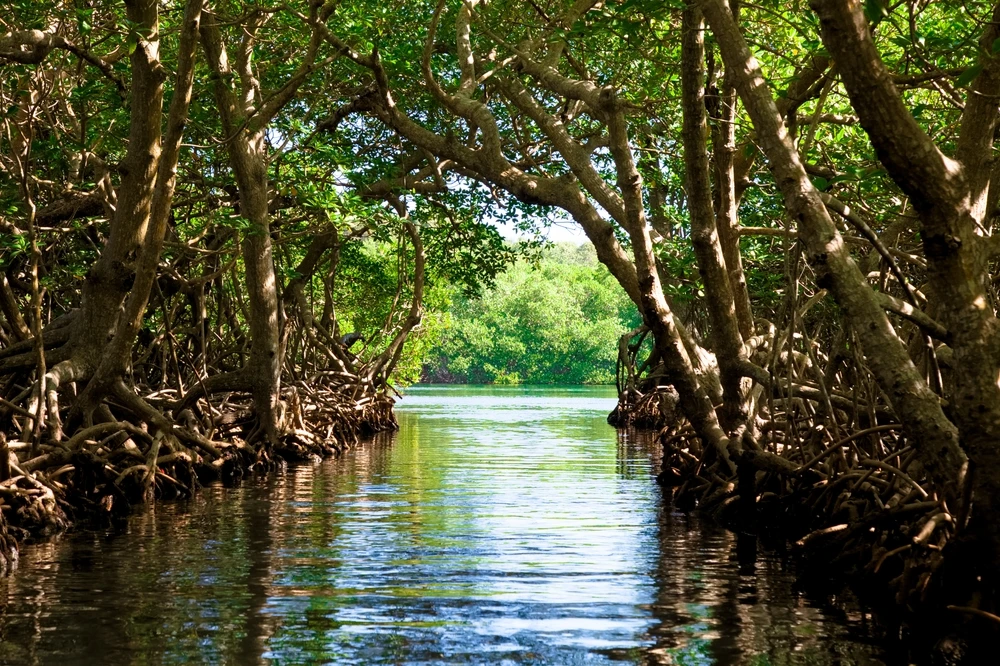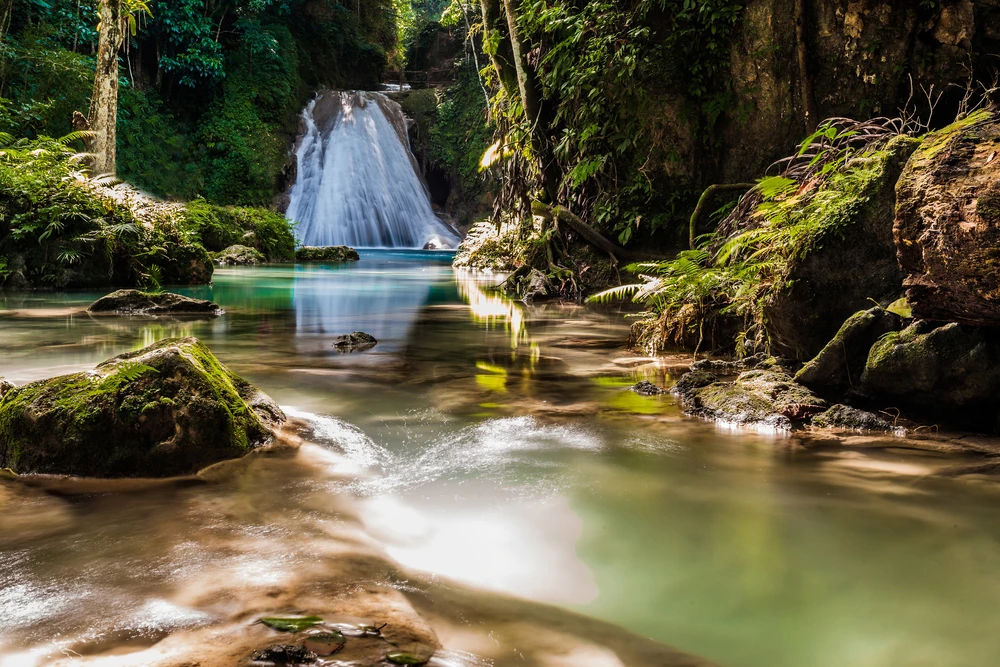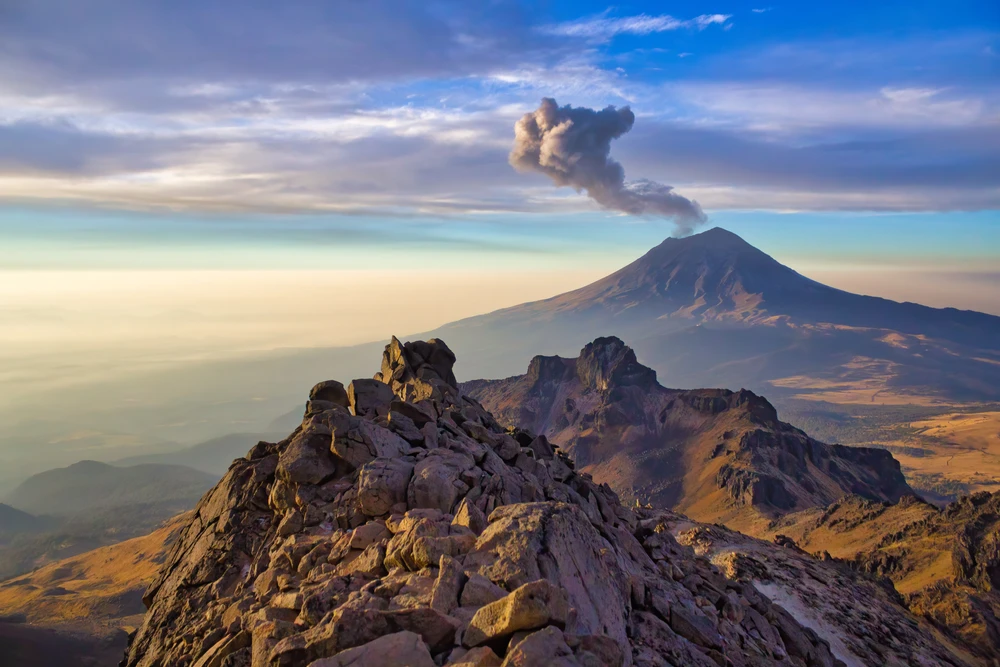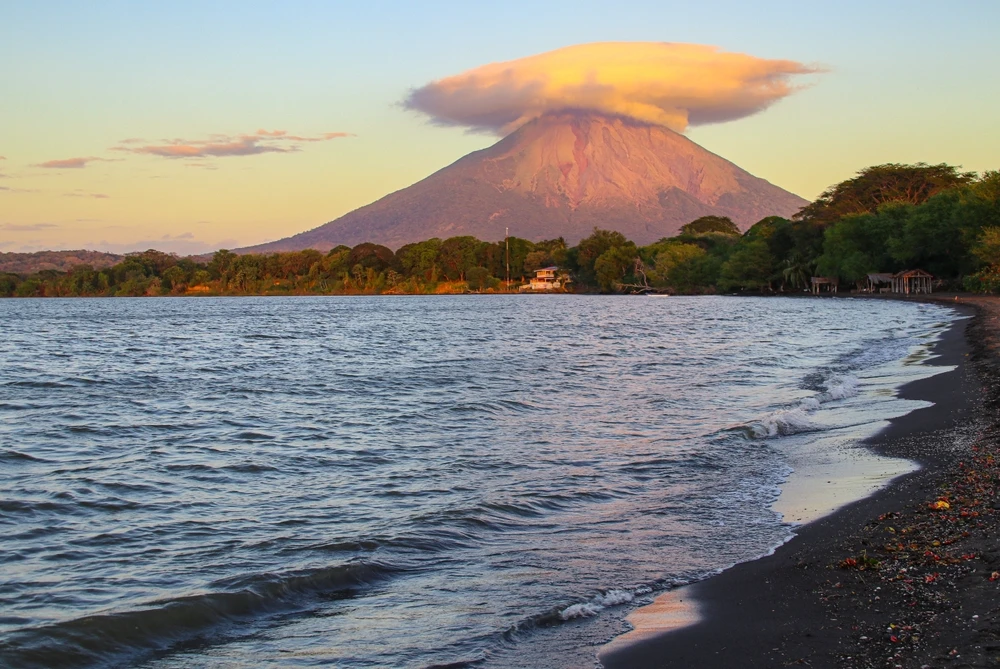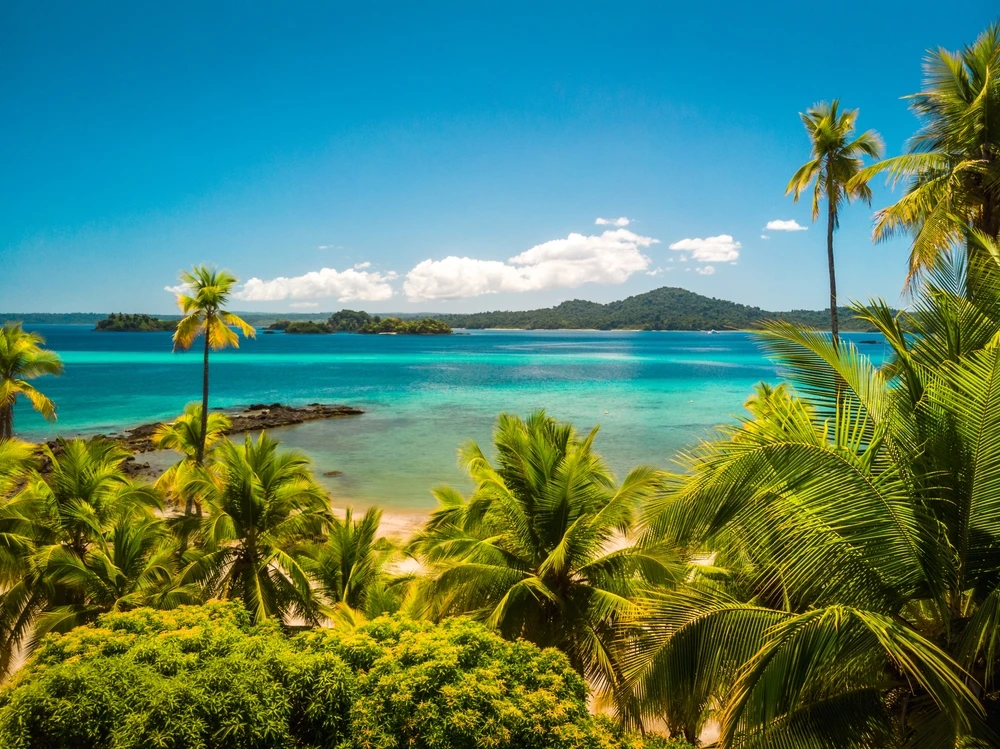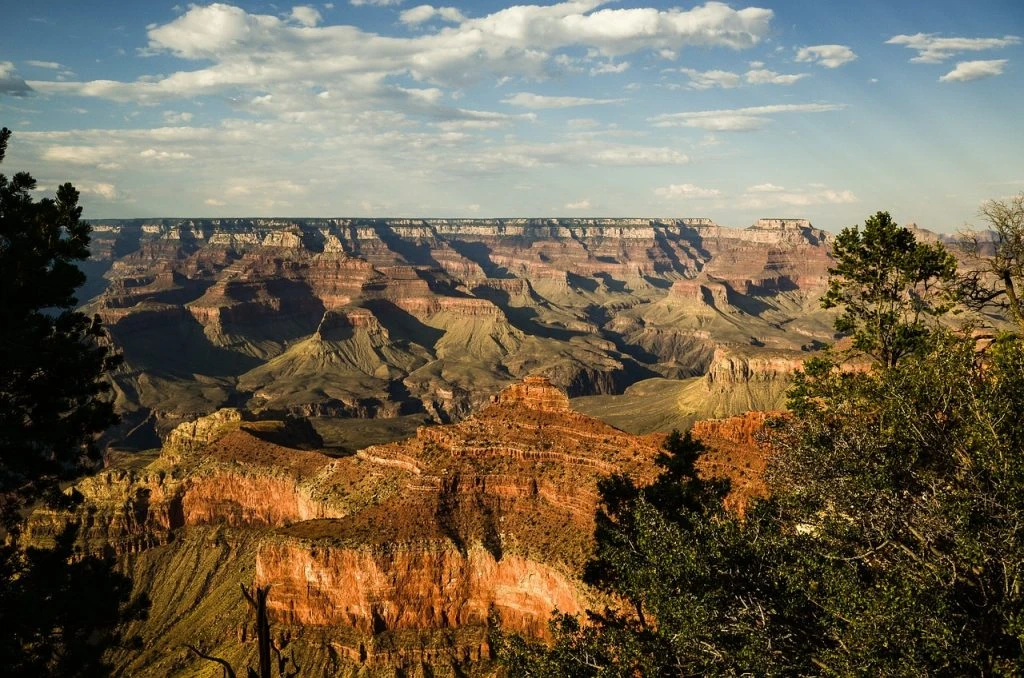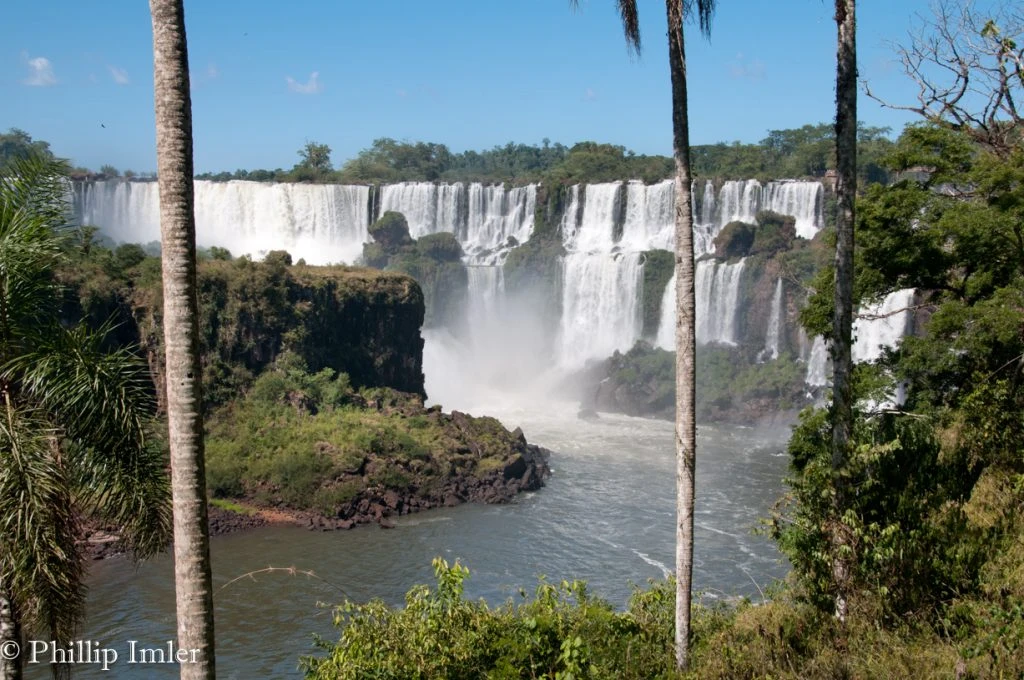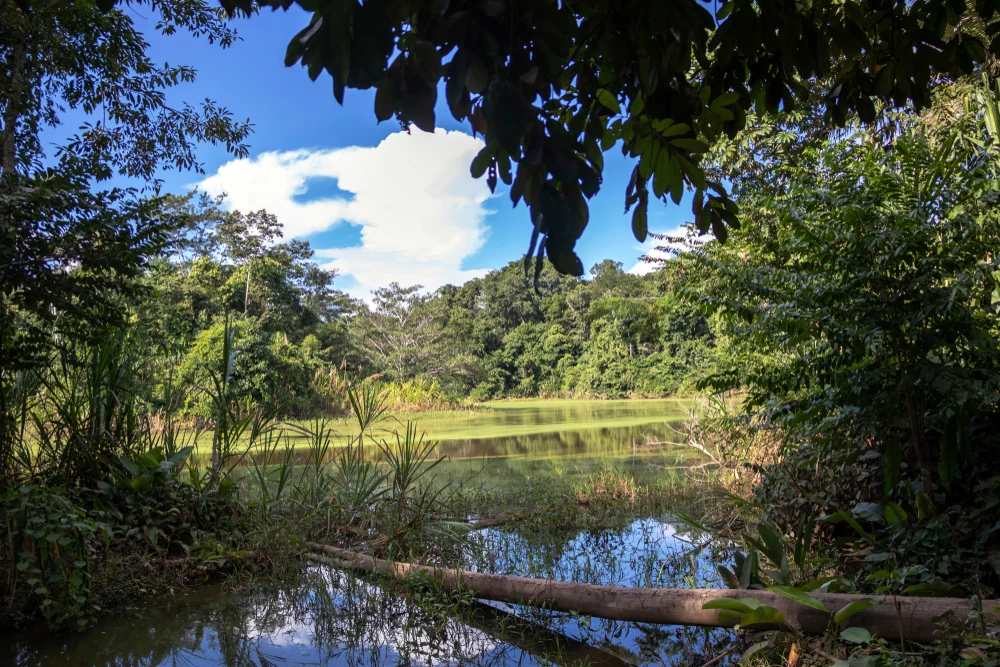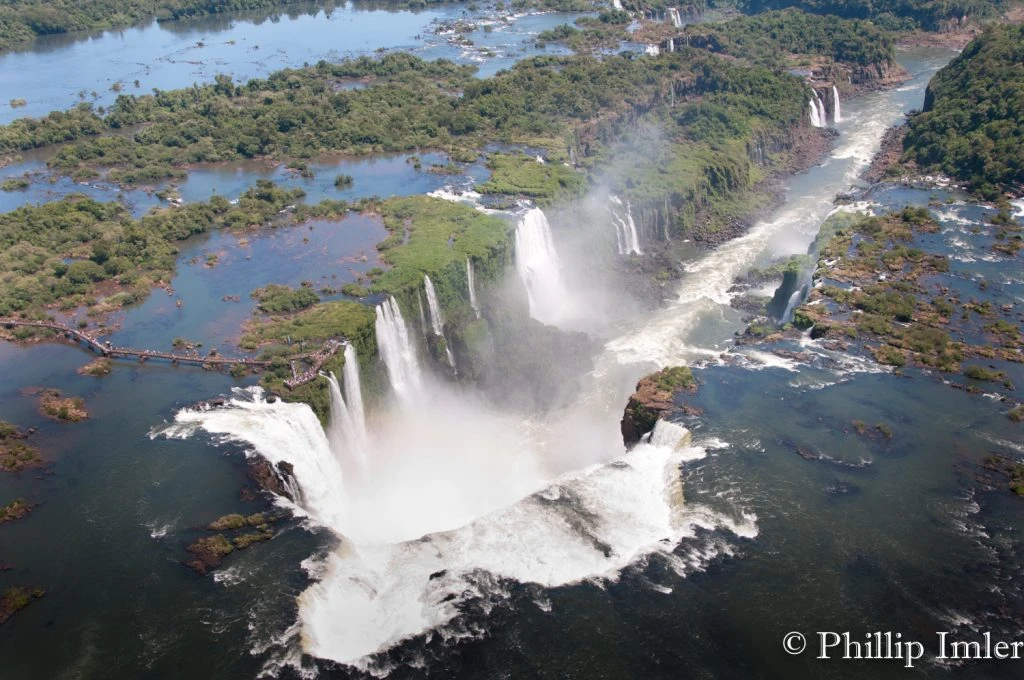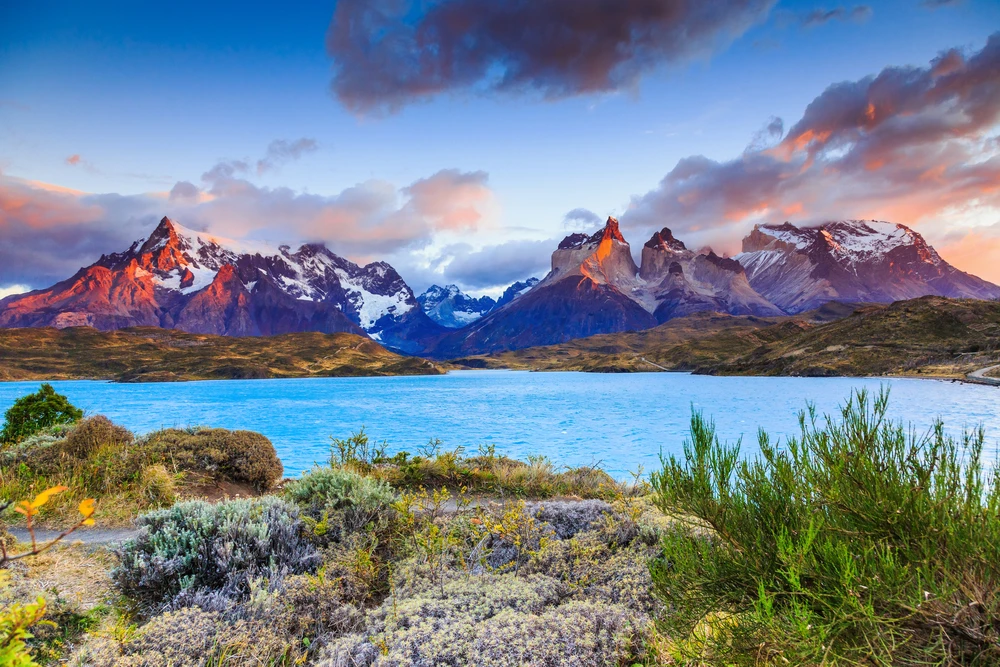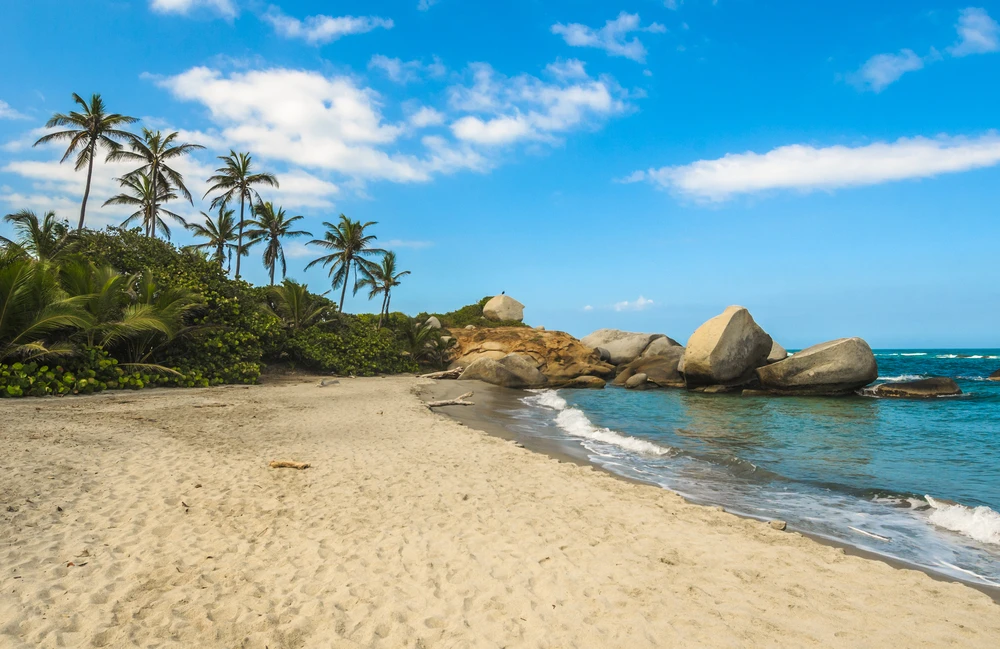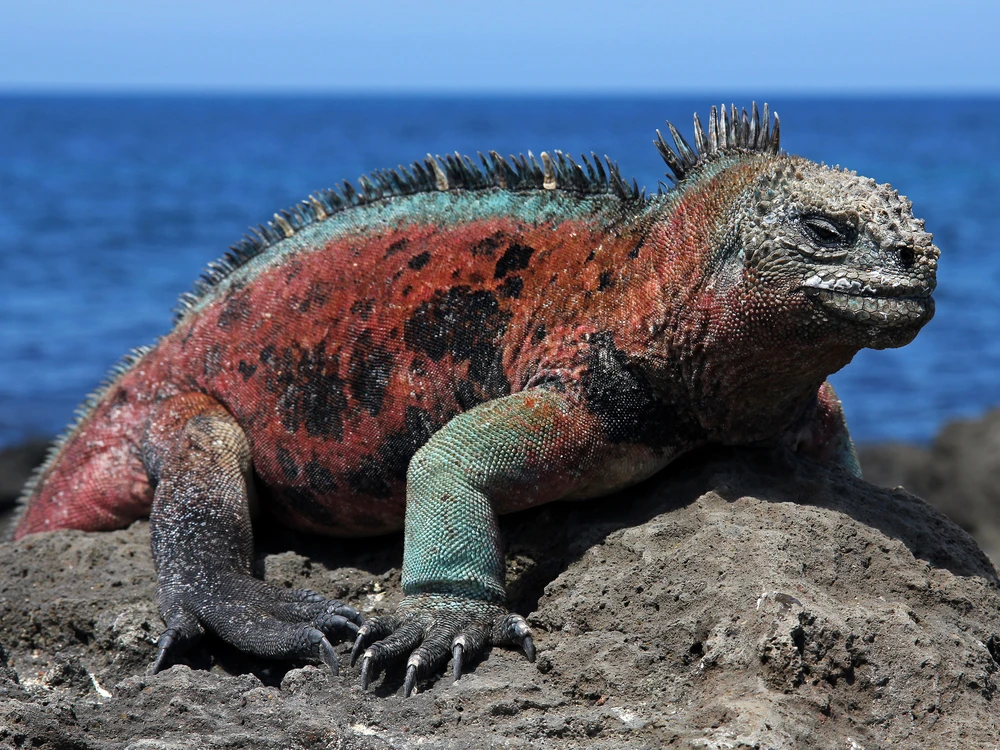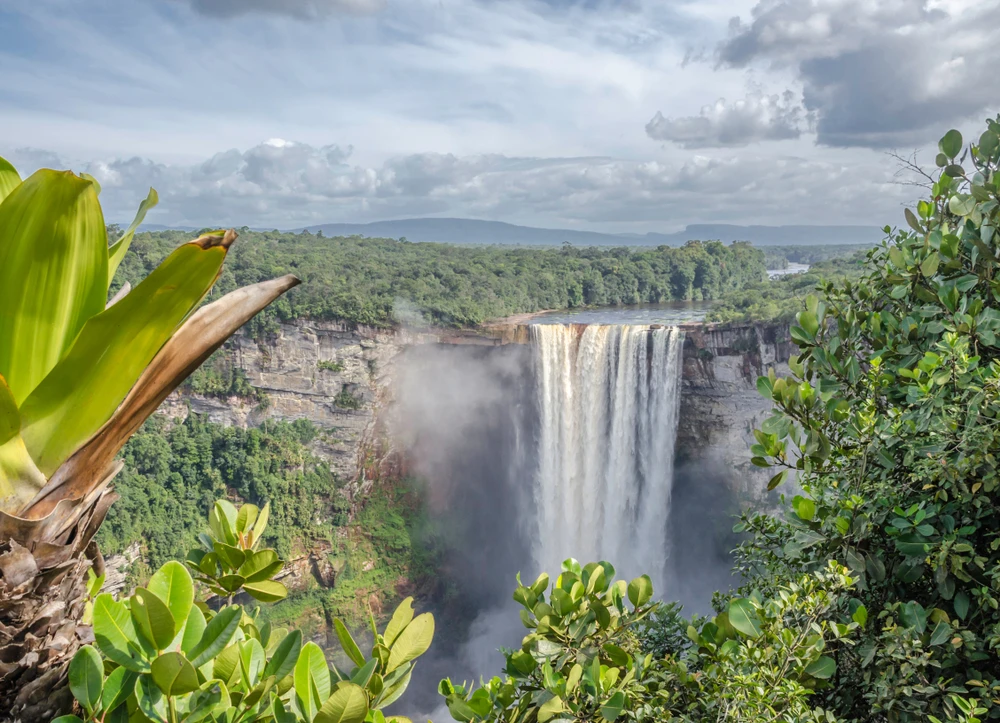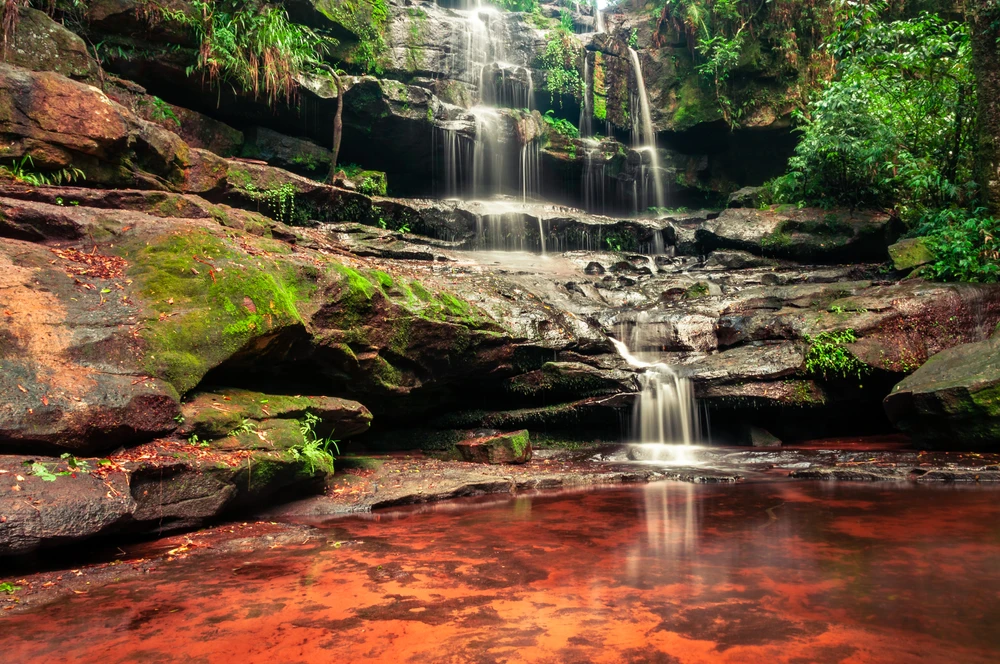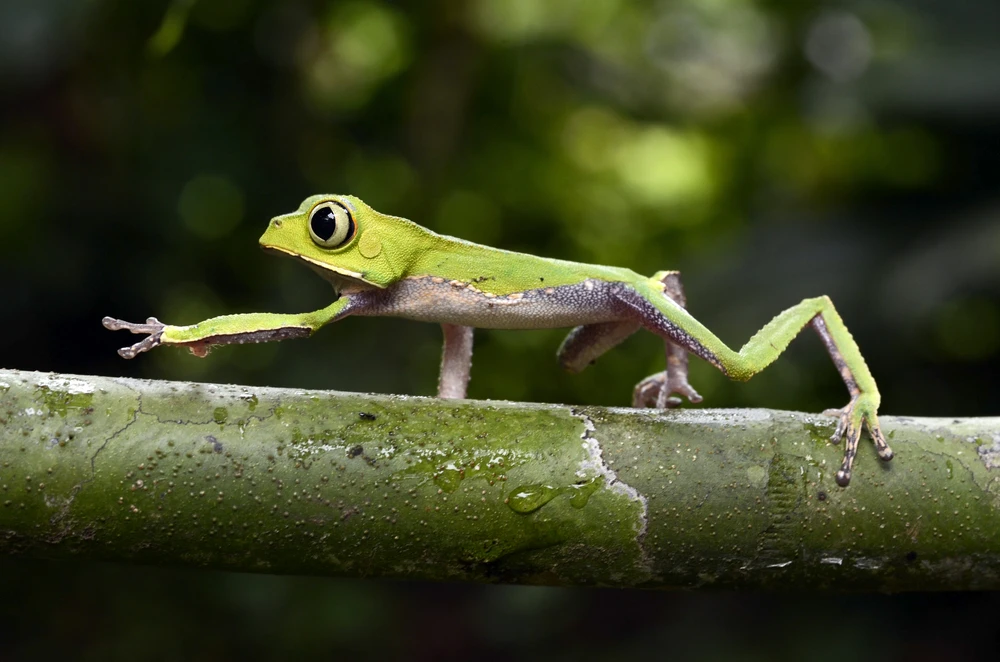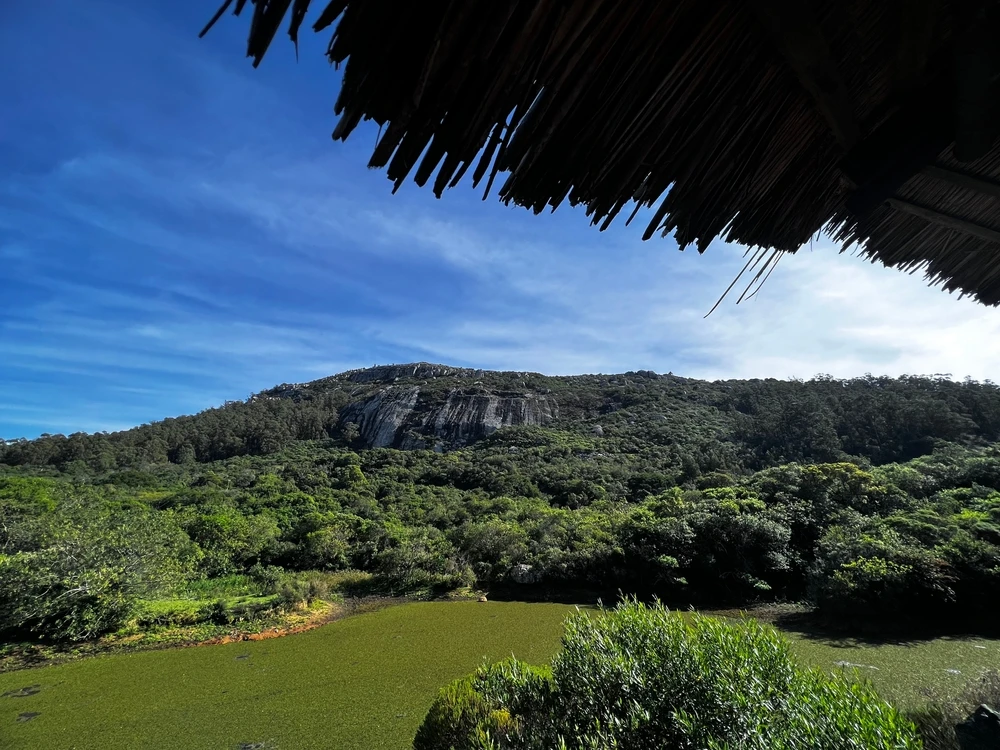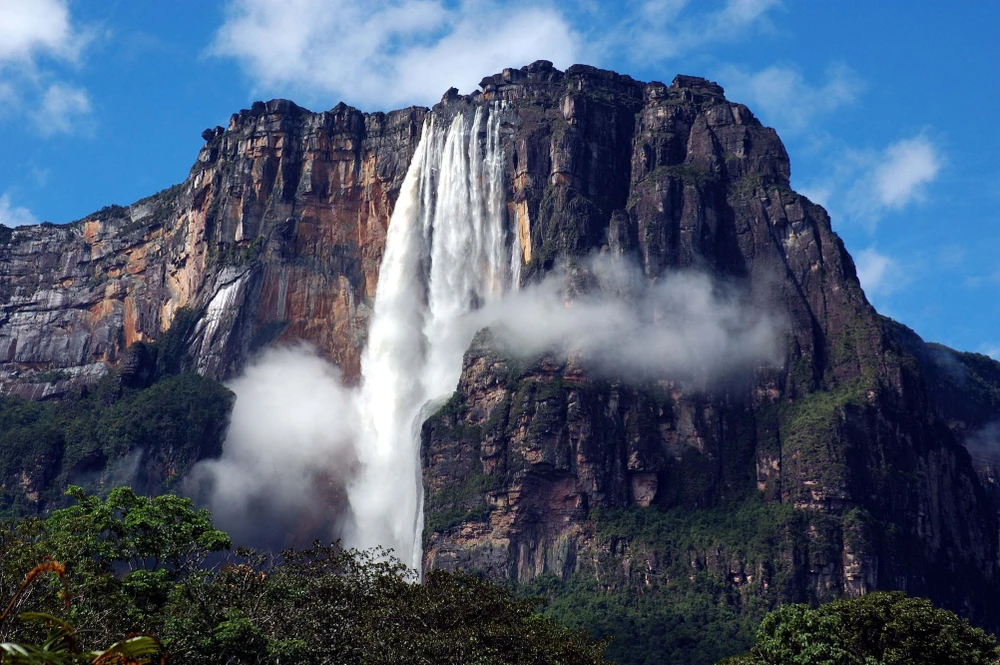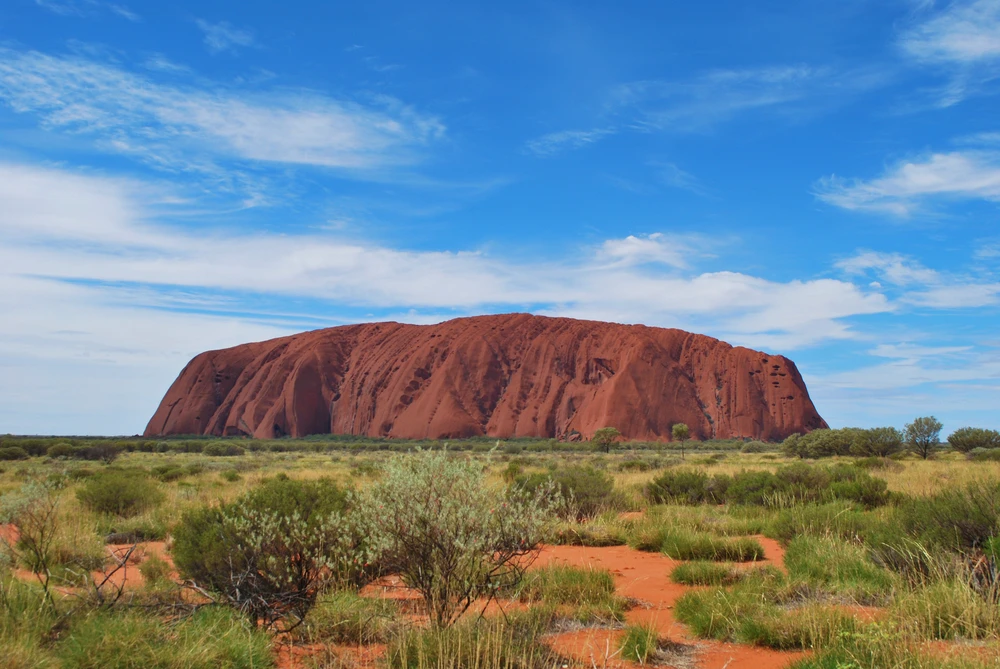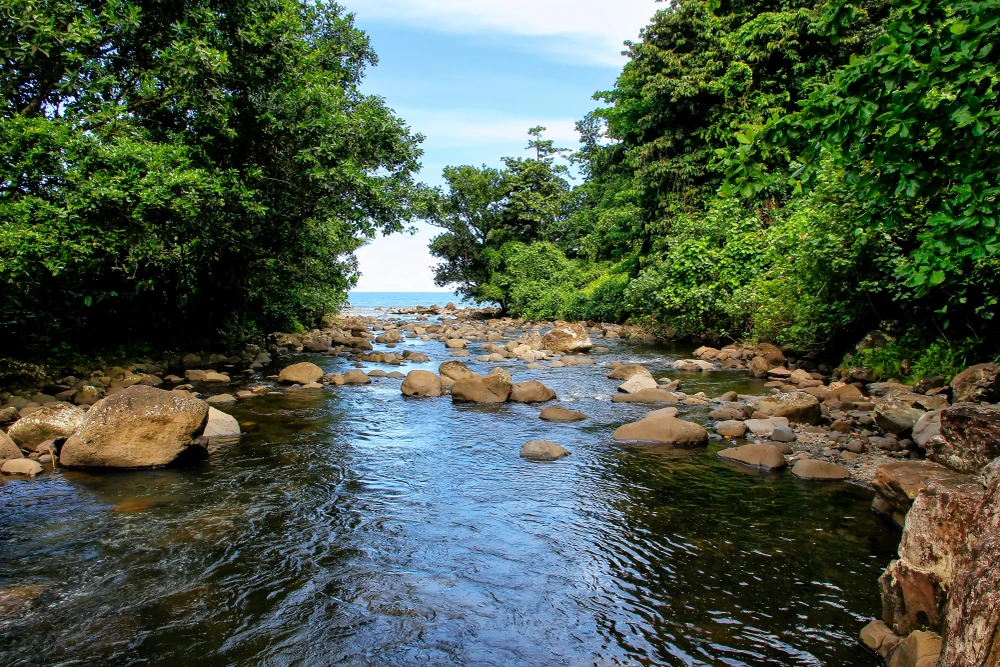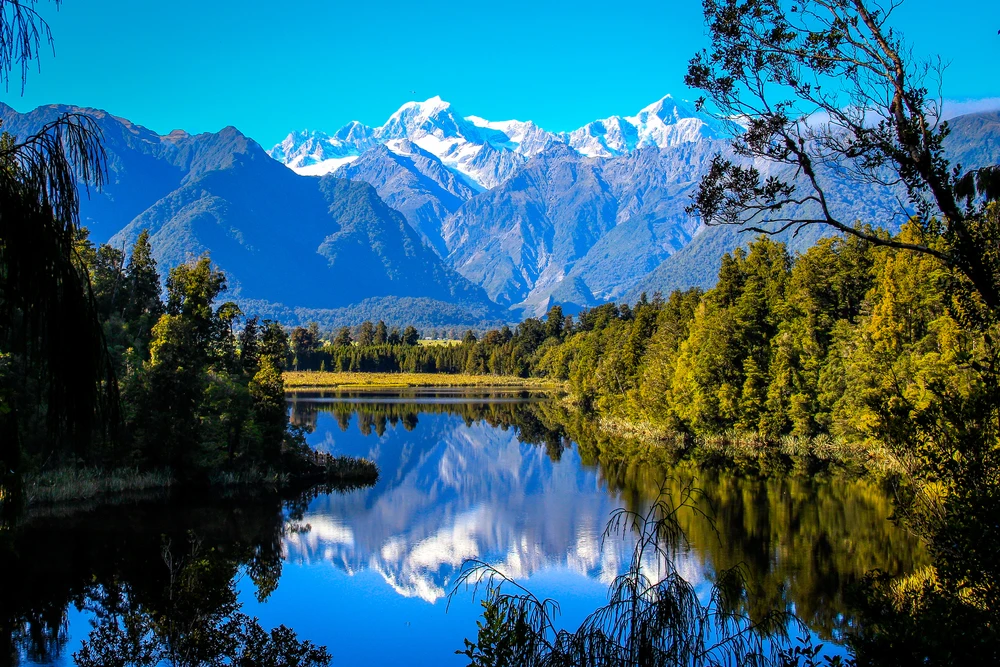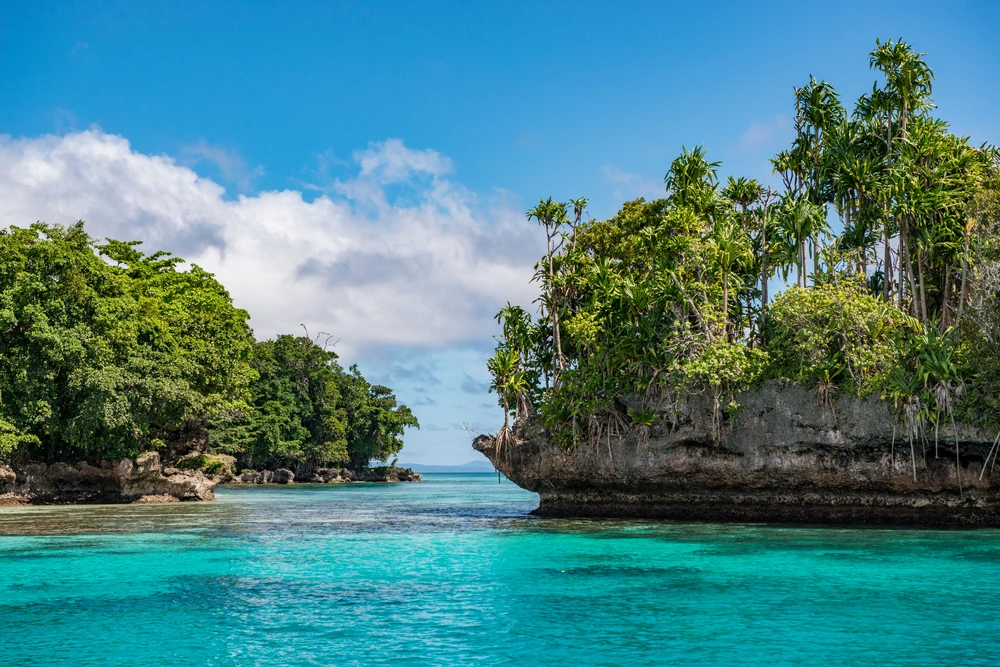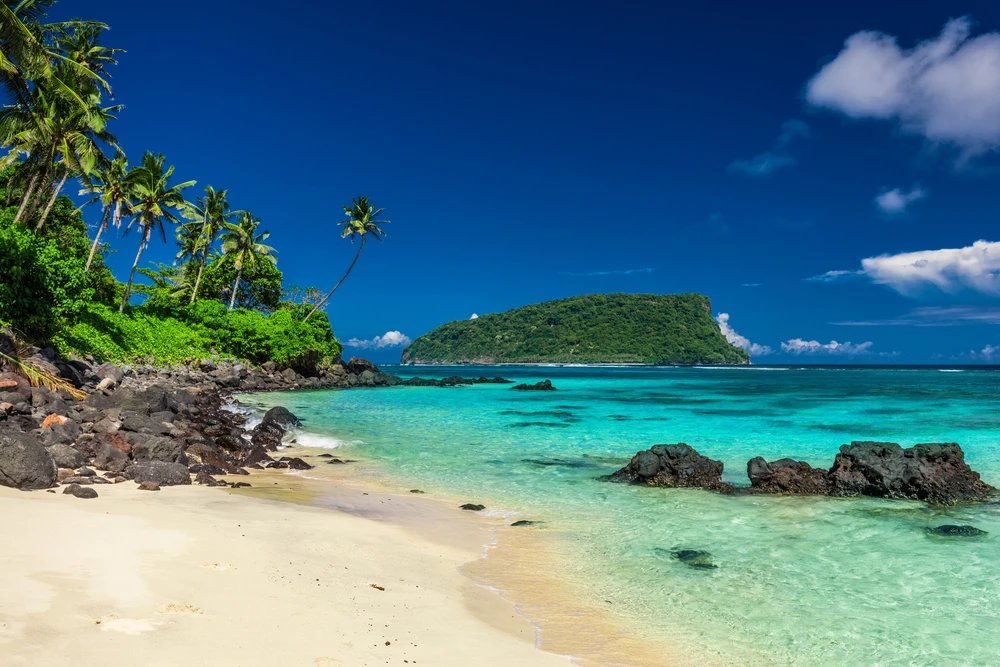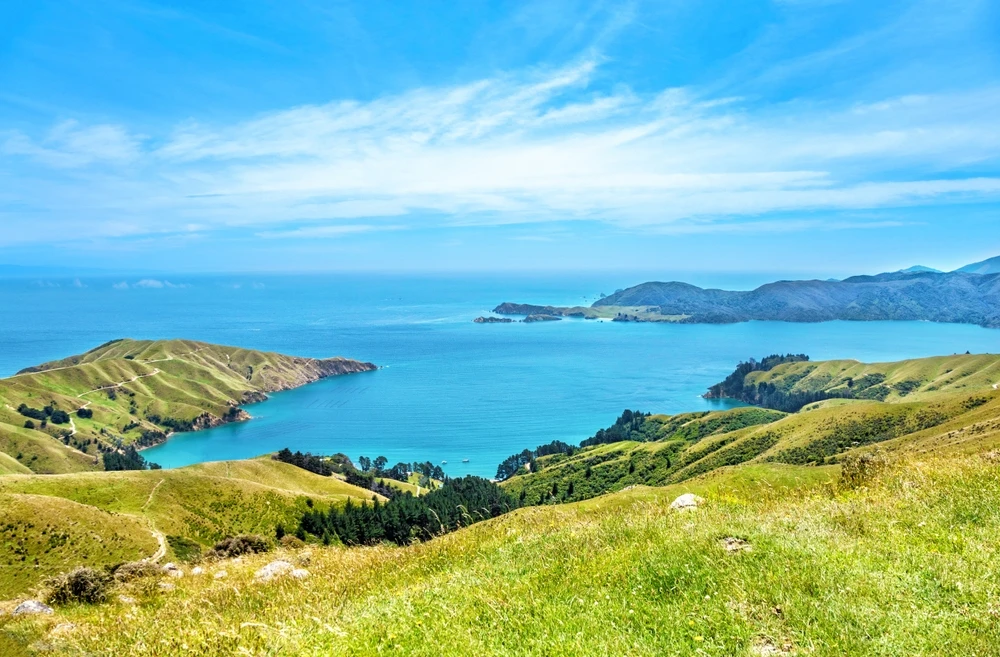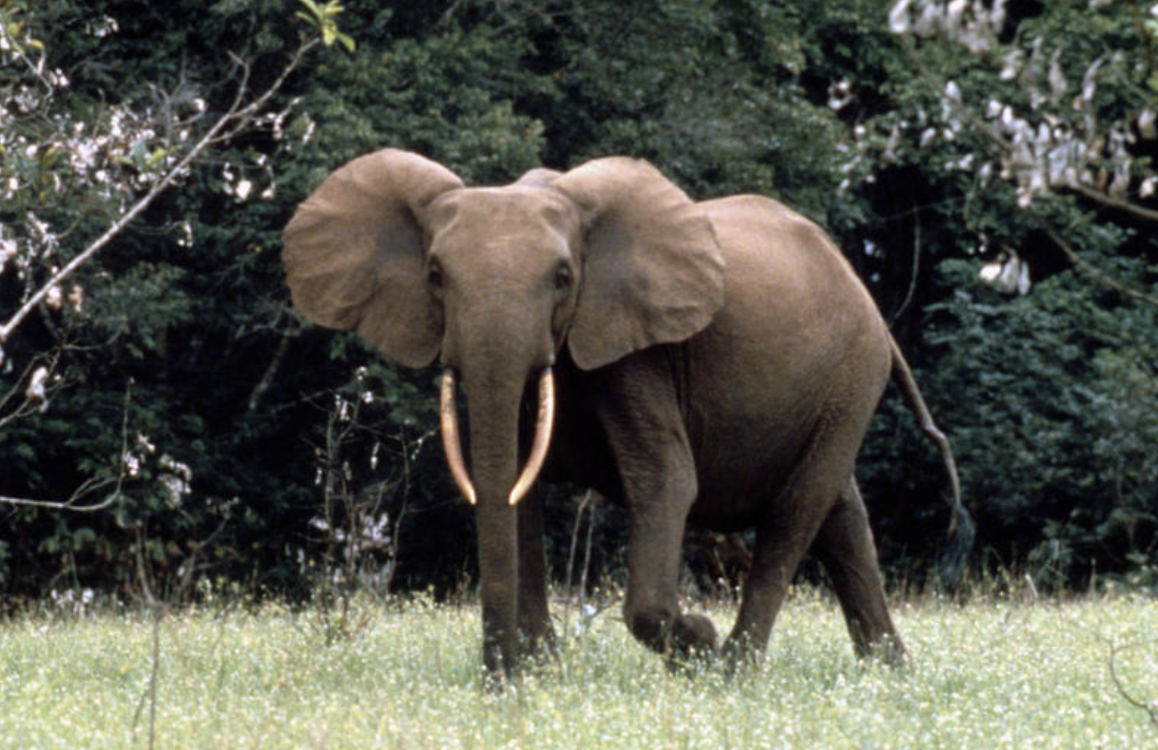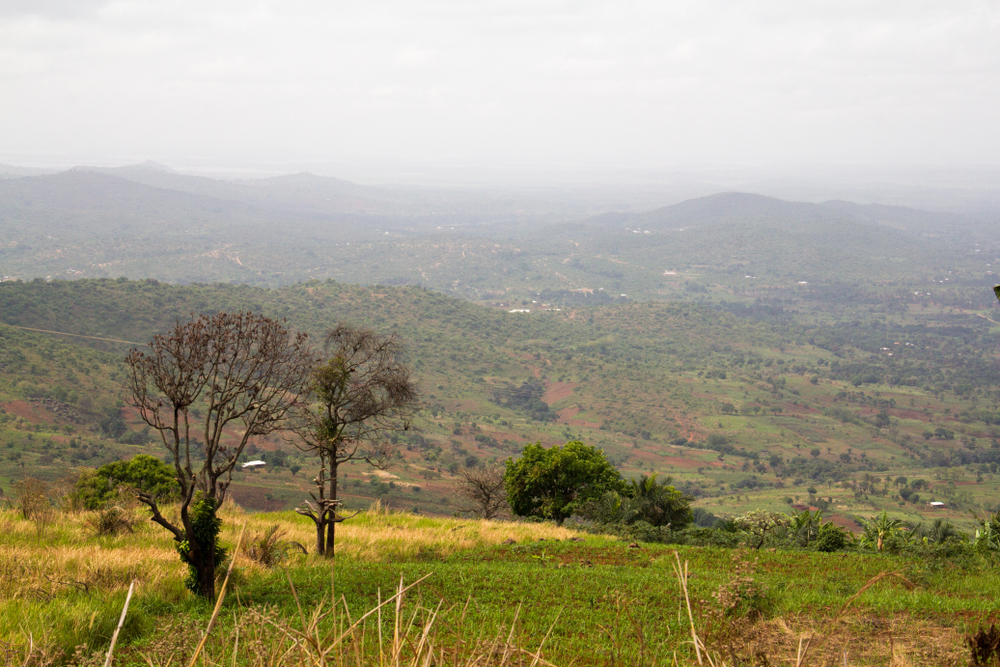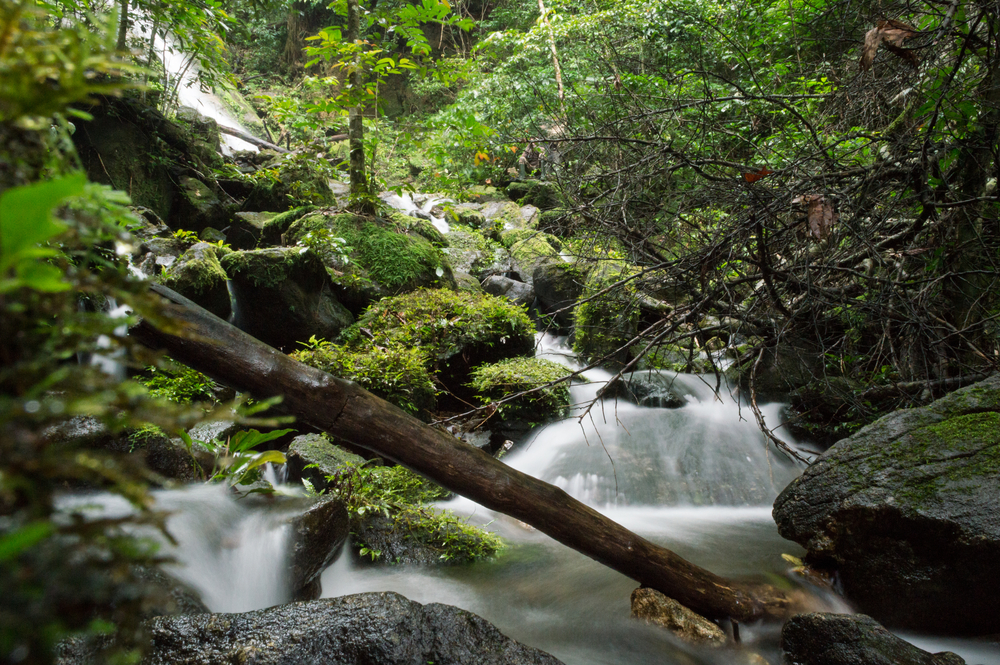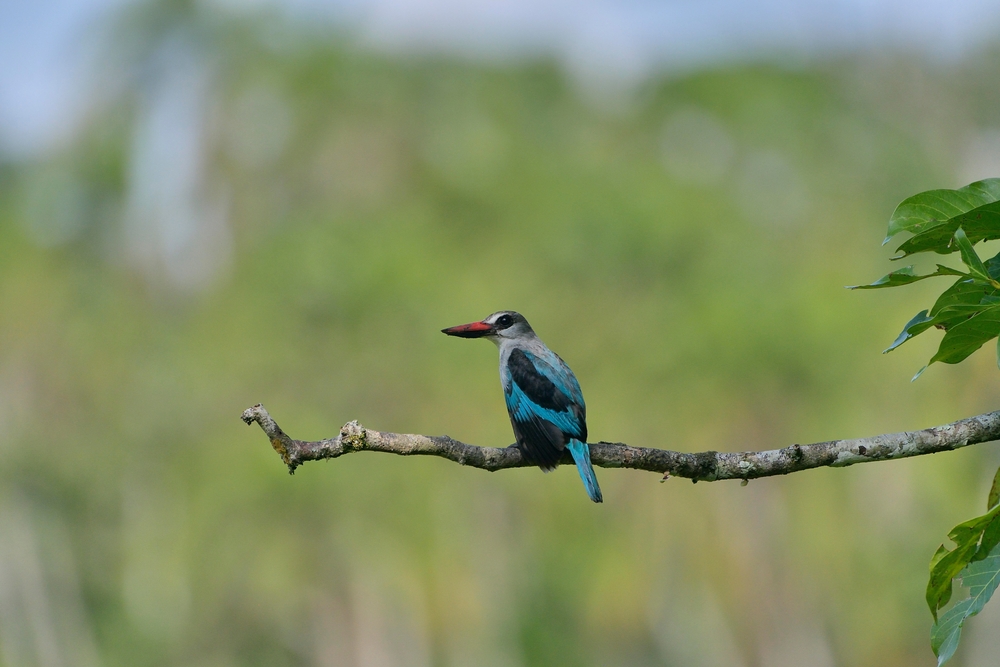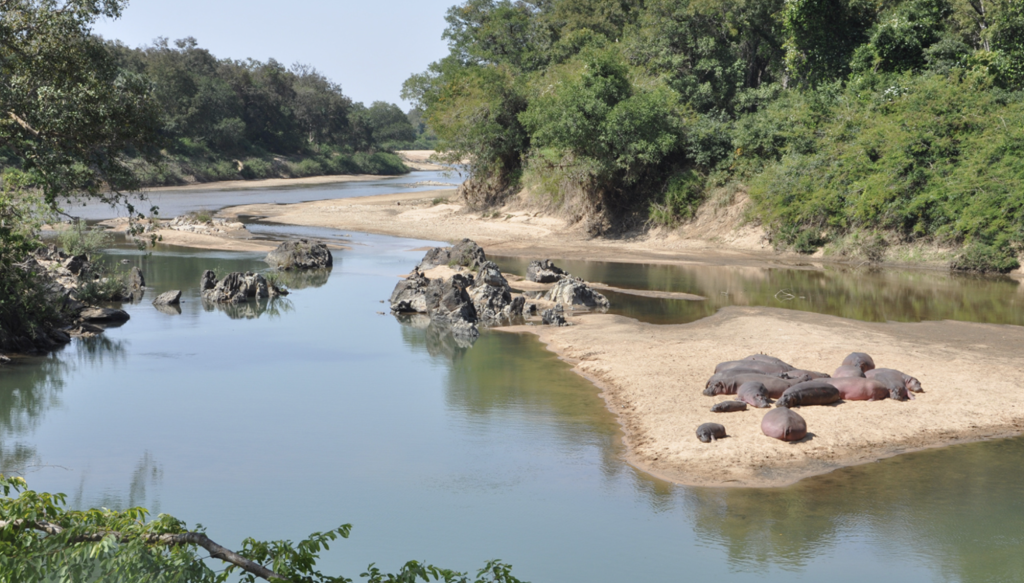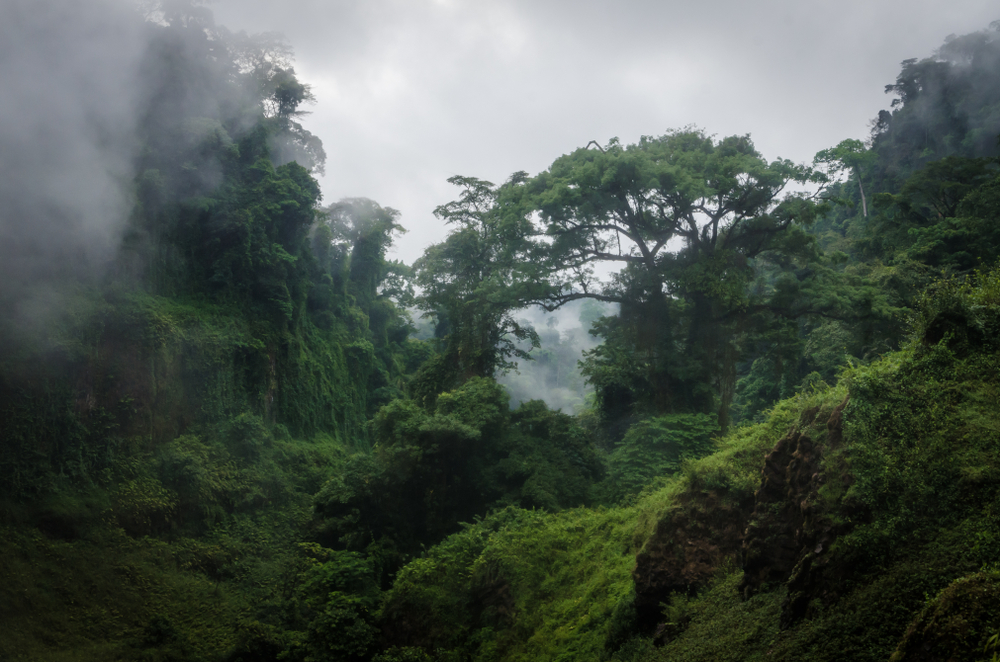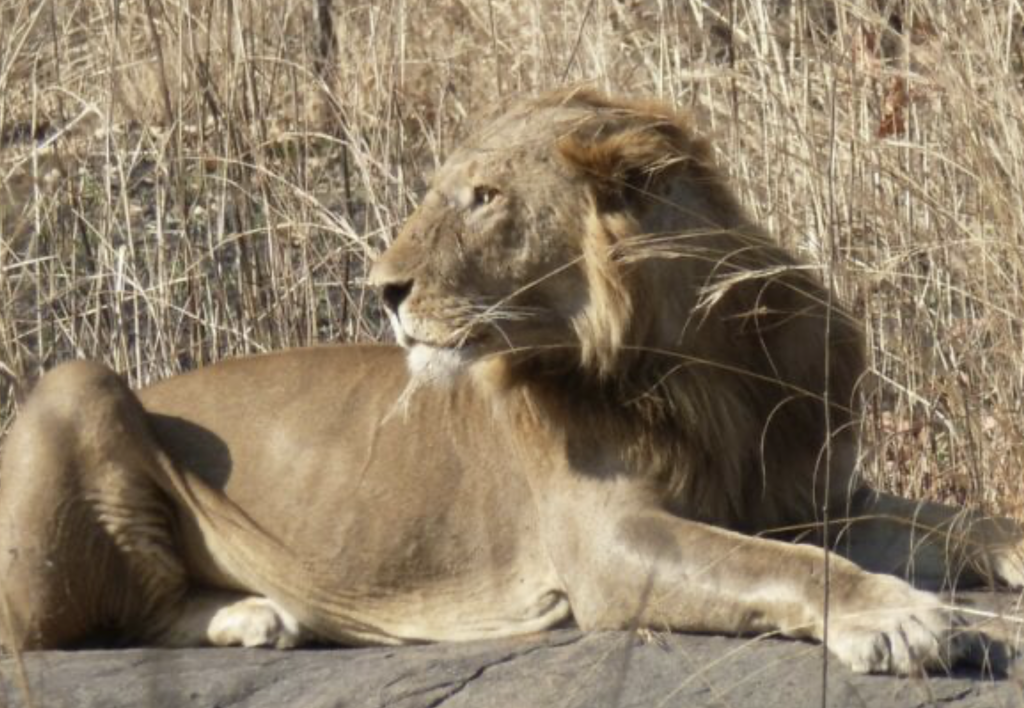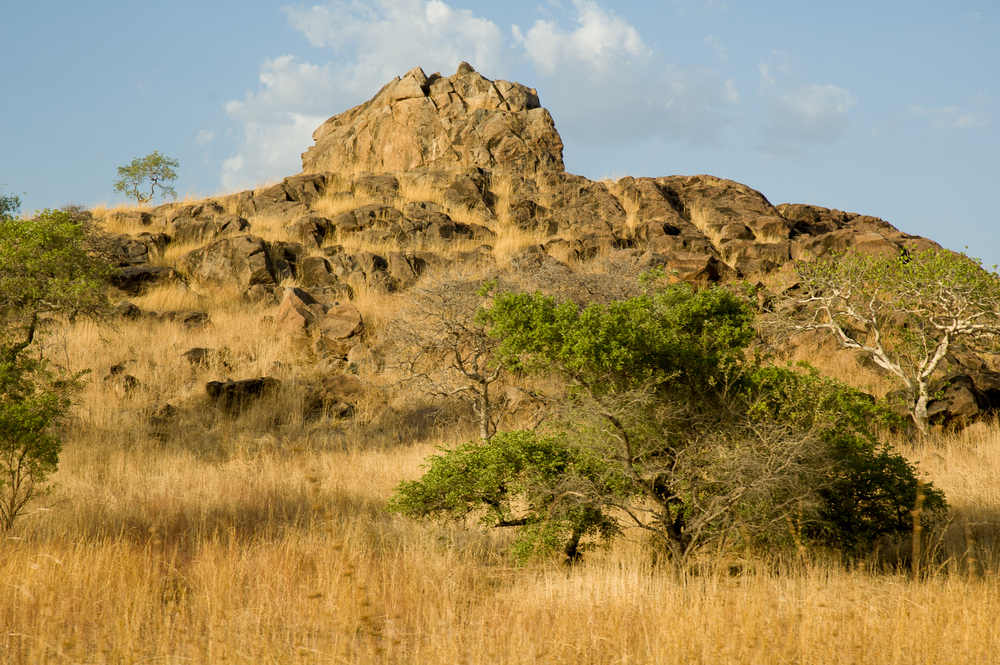Nki Overview
Nki National Park, locally known as “Parc National de Nki”, is a pristine and remote conservation area located in southeastern Cameroon. Established in 2005, the park spans approximately 3,093 square kilometers (1,194 square miles) and is part of the Congo Basin, one of the most biodiverse regions on Earth. Nki National Park is often referred to as the “last Eden” due to its untouched wilderness and minimal human activity, making it a critical sanctuary for wildlife and an essential component of global biodiversity conservation.
The park’s terrain is characterized by vast lowland rainforests, wetlands, and a network of rivers, including the Nki River, which lends the park its name. The landscape is dotted with natural clearings known as bais, which are mineral-rich forest glades that attract a wide variety of wildlife. The park’s dense rainforest canopy, towering hardwood trees, and thick undergrowth create a lush and vibrant ecosystem. Seasonal floods in certain areas enhance the diversity of flora and fauna by forming temporary aquatic habitats.
Nki National Park is home to an extraordinary array of wildlife, including some of Africa’s most iconic and endangered species. Forest elephants, lowland gorillas, and chimpanzees are among the park’s flagship species. The park also shelters leopards, giant pangolins, and bongos. The waterways are teeming with life, hosting crocodiles, otters, and various fish species. Bird enthusiasts will find the park remarkable, with species such as African grey parrots, hornbills, and turacos thriving in its dense forests.
Visitors to Nki National Park can experience its untamed beauty through guided treks, wildlife observation, and eco-tourism activities centered around the bais. The natural clearings offer exceptional opportunities to see elephants, gorillas, and other animals as they gather to feed on mineral-rich soil. Birdwatching is another highlight, with a chance to observe rare and colorful species in their natural habitats. Canoeing along the park’s rivers provides a unique perspective of its aquatic ecosystems and a peaceful way to explore the wilderness.
Despite its ecological importance, Nki National Park faces numerous challenges. Poaching, particularly for ivory and bushmeat, poses a significant threat to its wildlife. Logging and agricultural encroachment are persistent issues, leading to habitat loss and degradation. The park’s remote location makes enforcement and monitoring difficult, further exacerbating these threats. Conservation efforts led by the Cameroonian government and international organizations focus on anti-poaching patrols, community engagement, and raising awareness about the park’s ecological value. Initiatives to promote sustainable eco-tourism aim to generate income and foster local support for conservation.
Nki National Park is a vital part of Cameroon’s natural heritage, offering an untouched refuge for wildlife and a symbol of the Congo Basin’s ecological significance. Its dense forests, rare species, and remote beauty make it a unique destination for eco-tourism and a critical area for global conservation. Protecting Nki ensures the survival of its unique ecosystems and contributes to preserving one of the world’s last great wildernesses.

